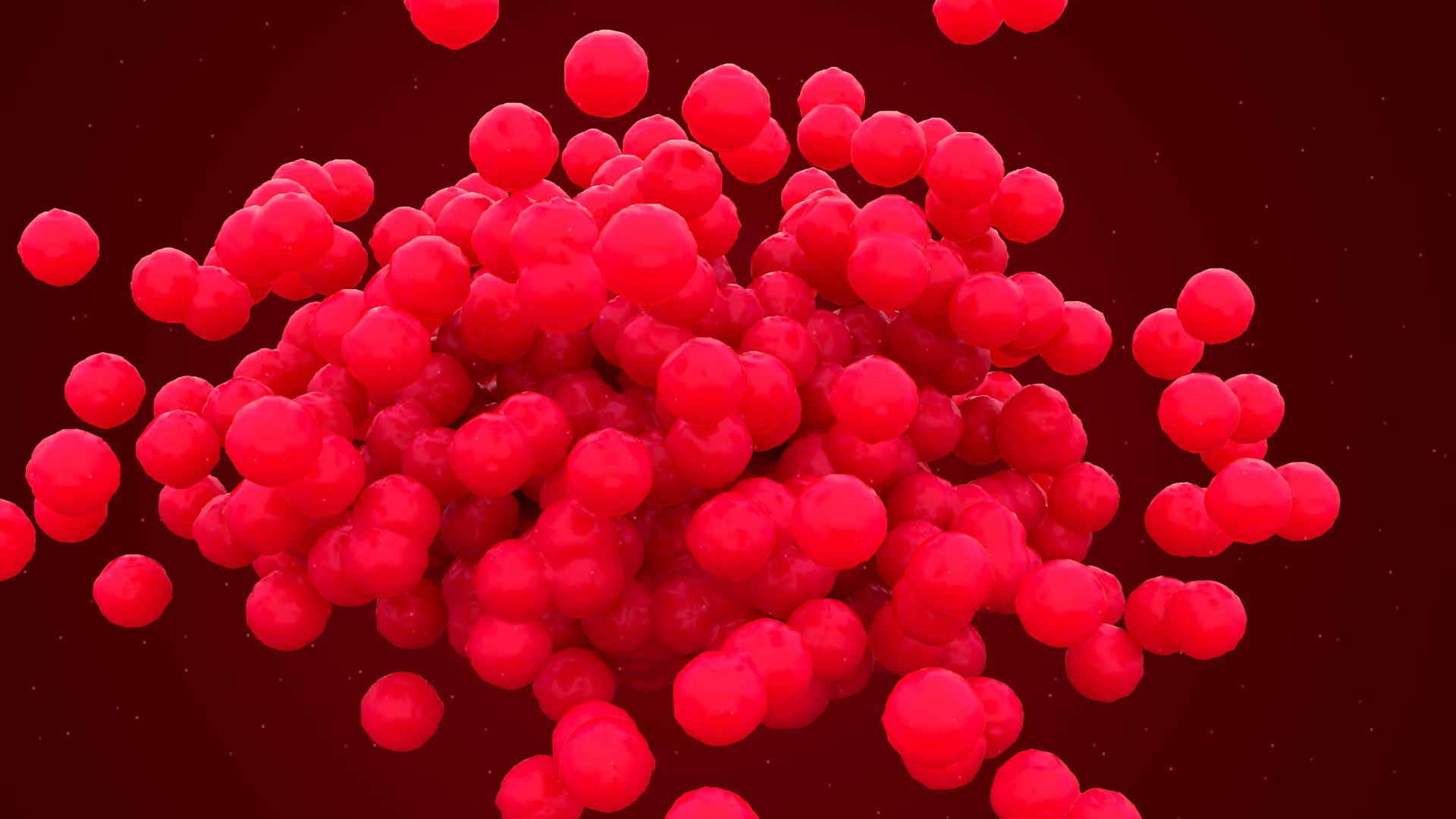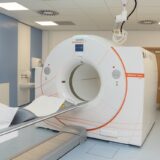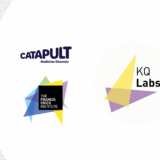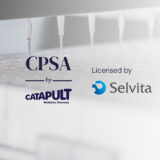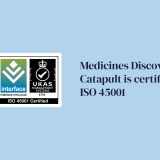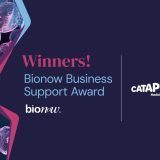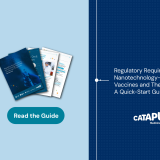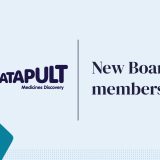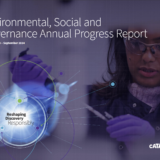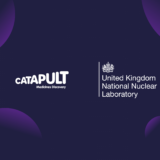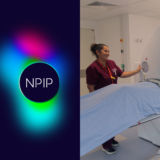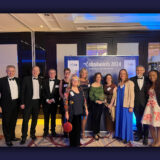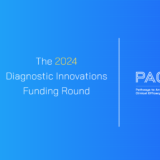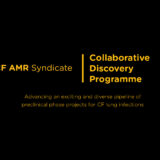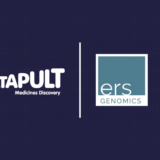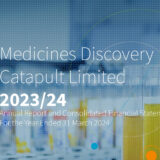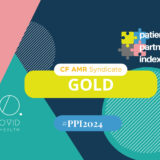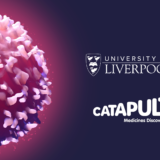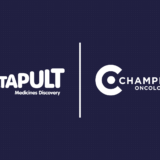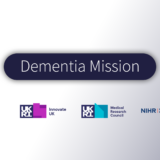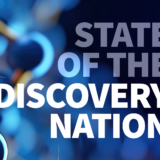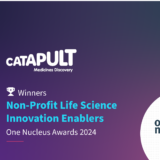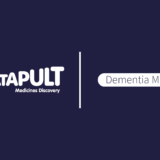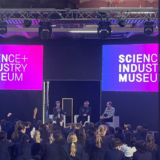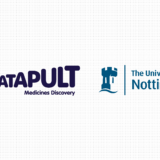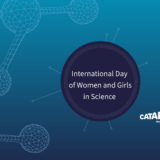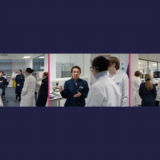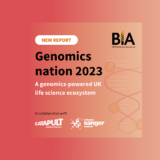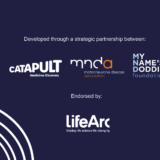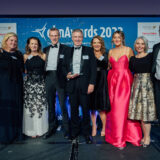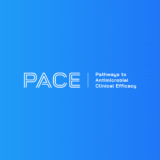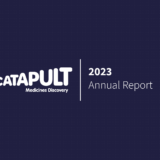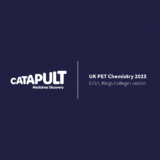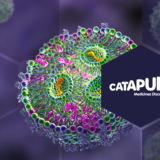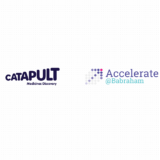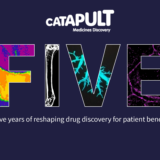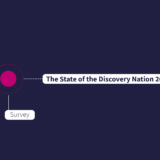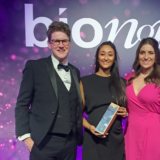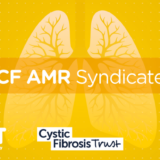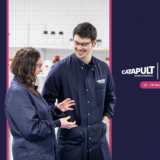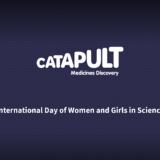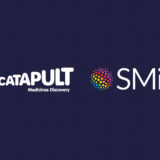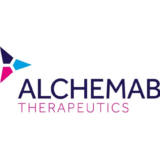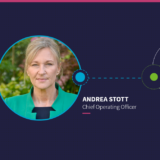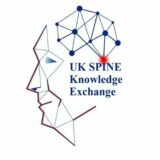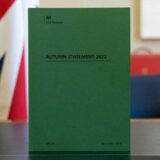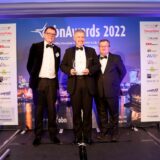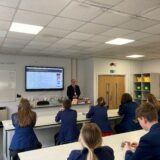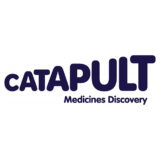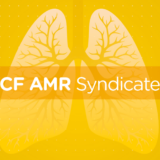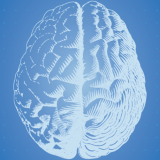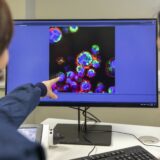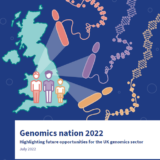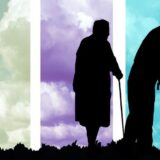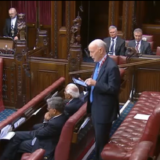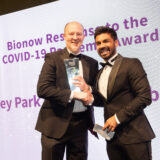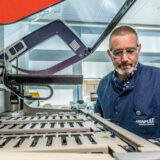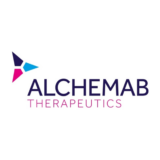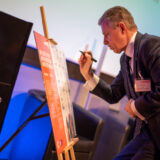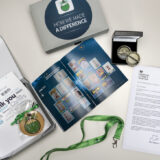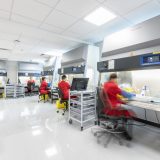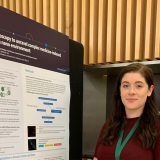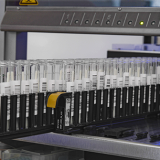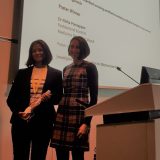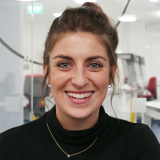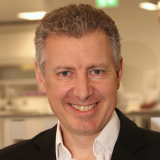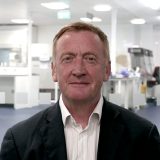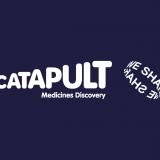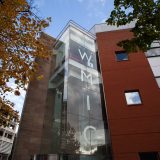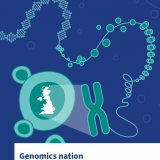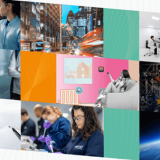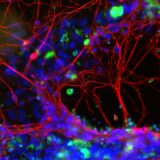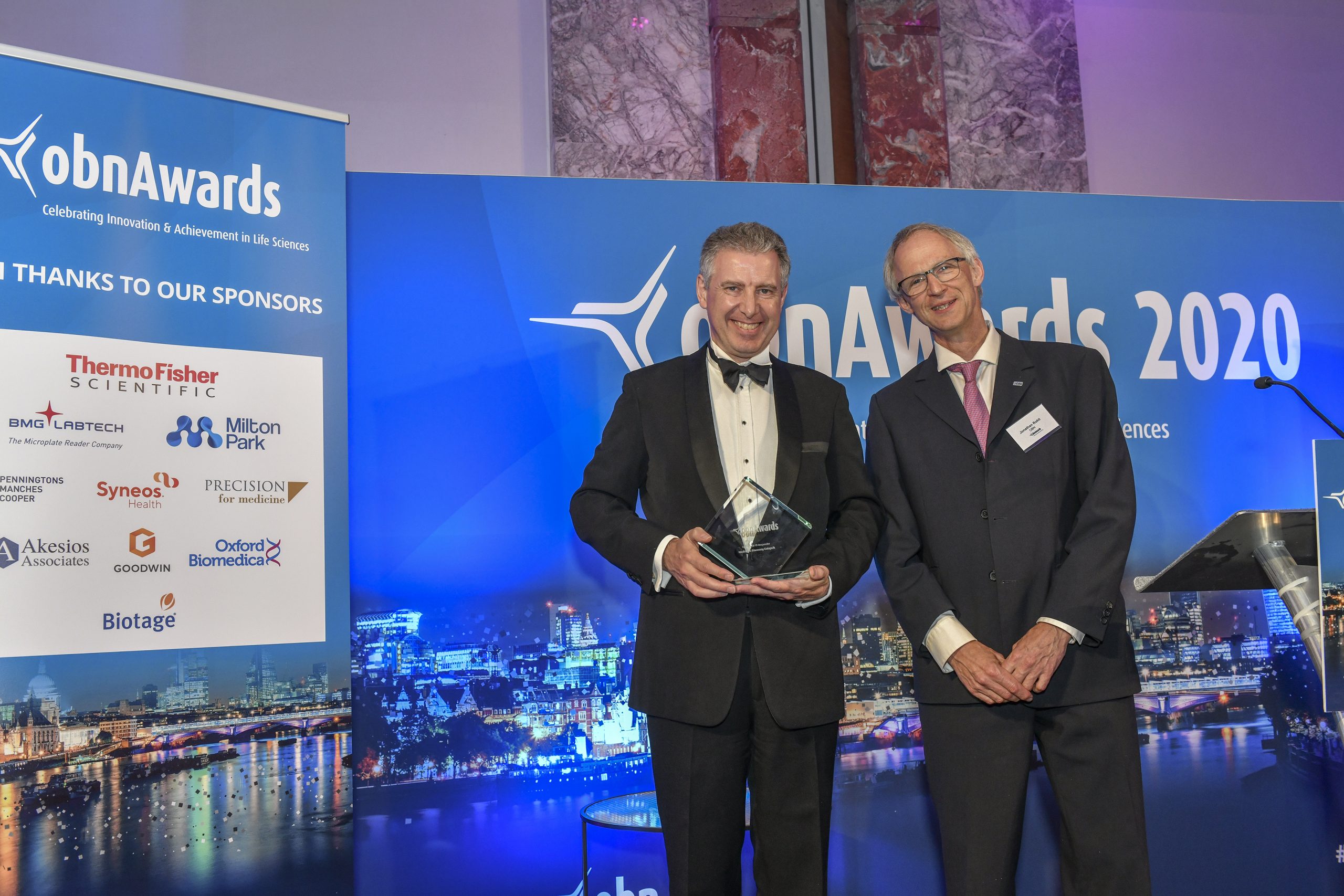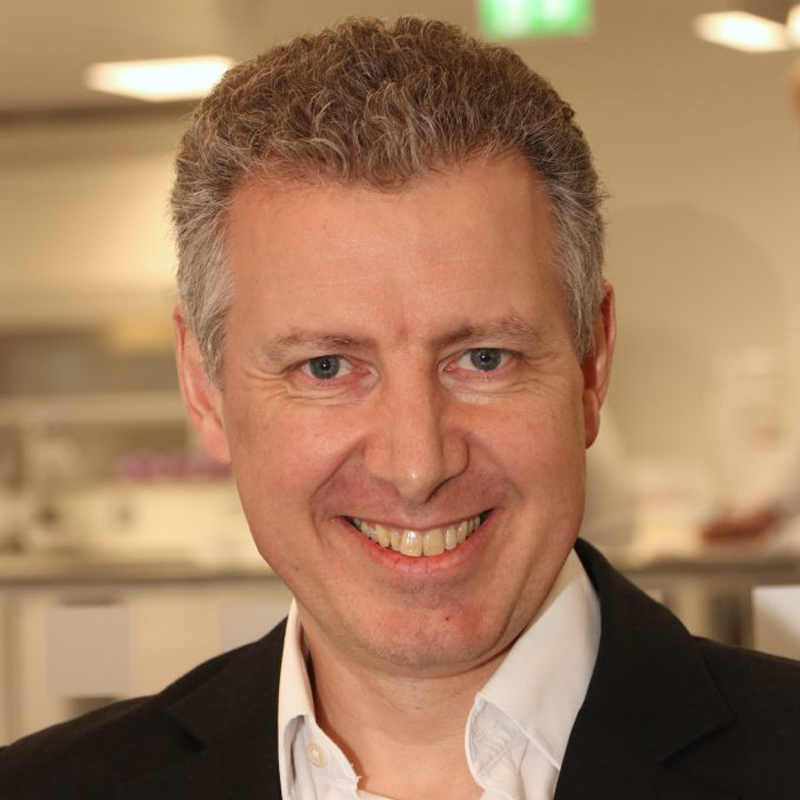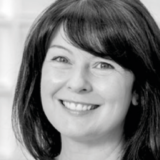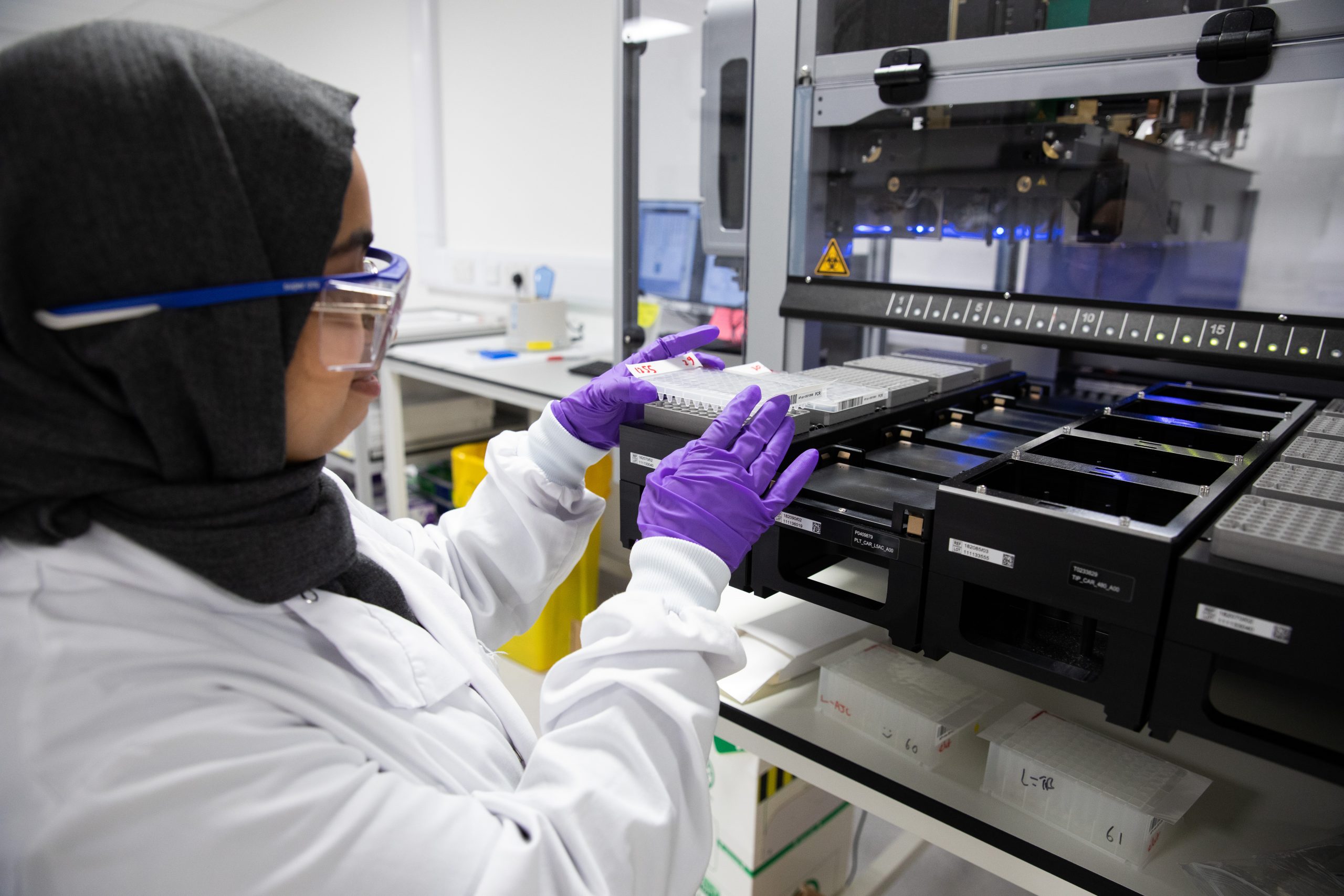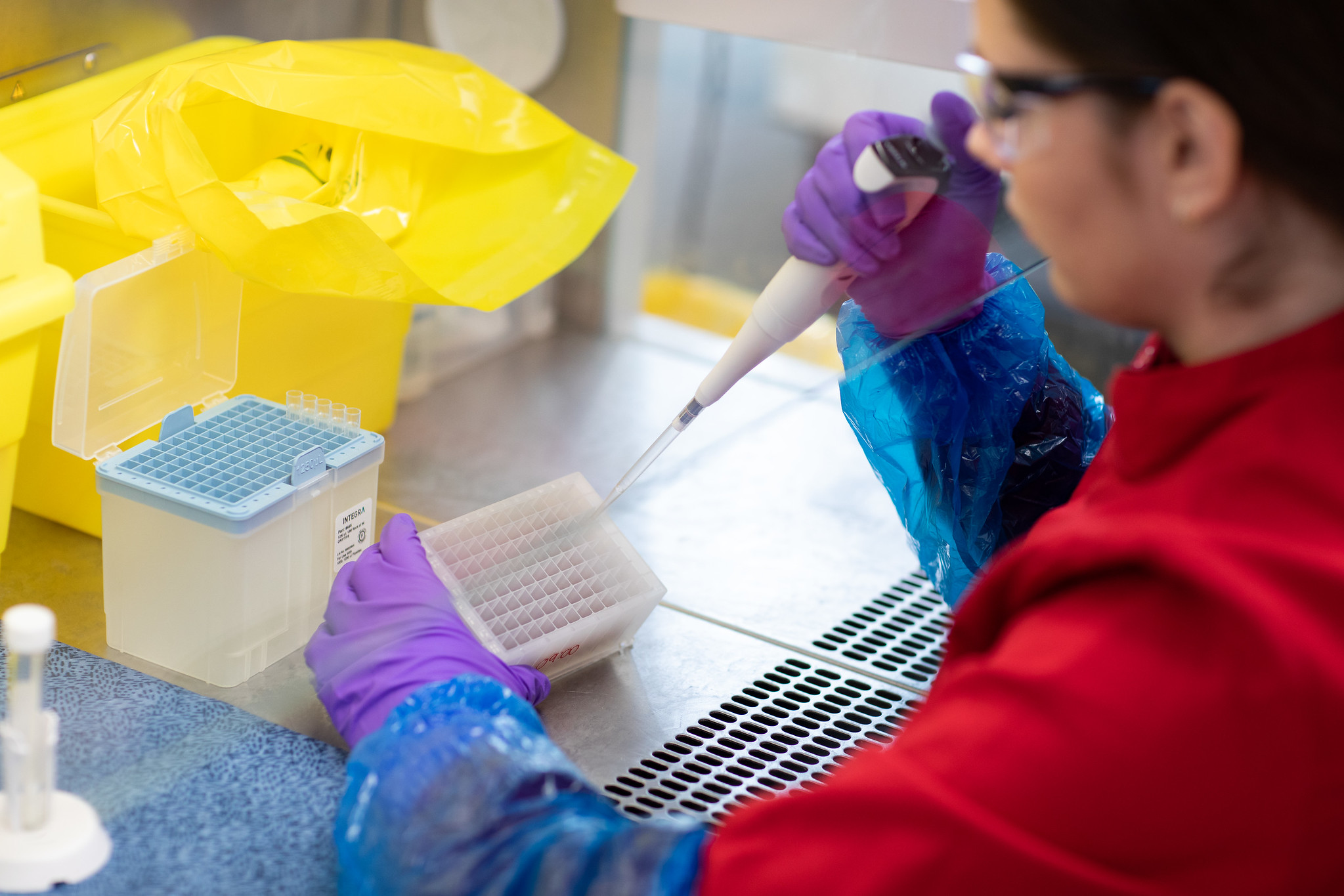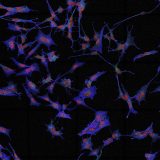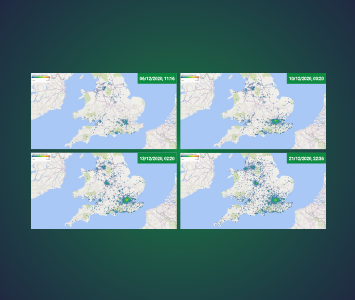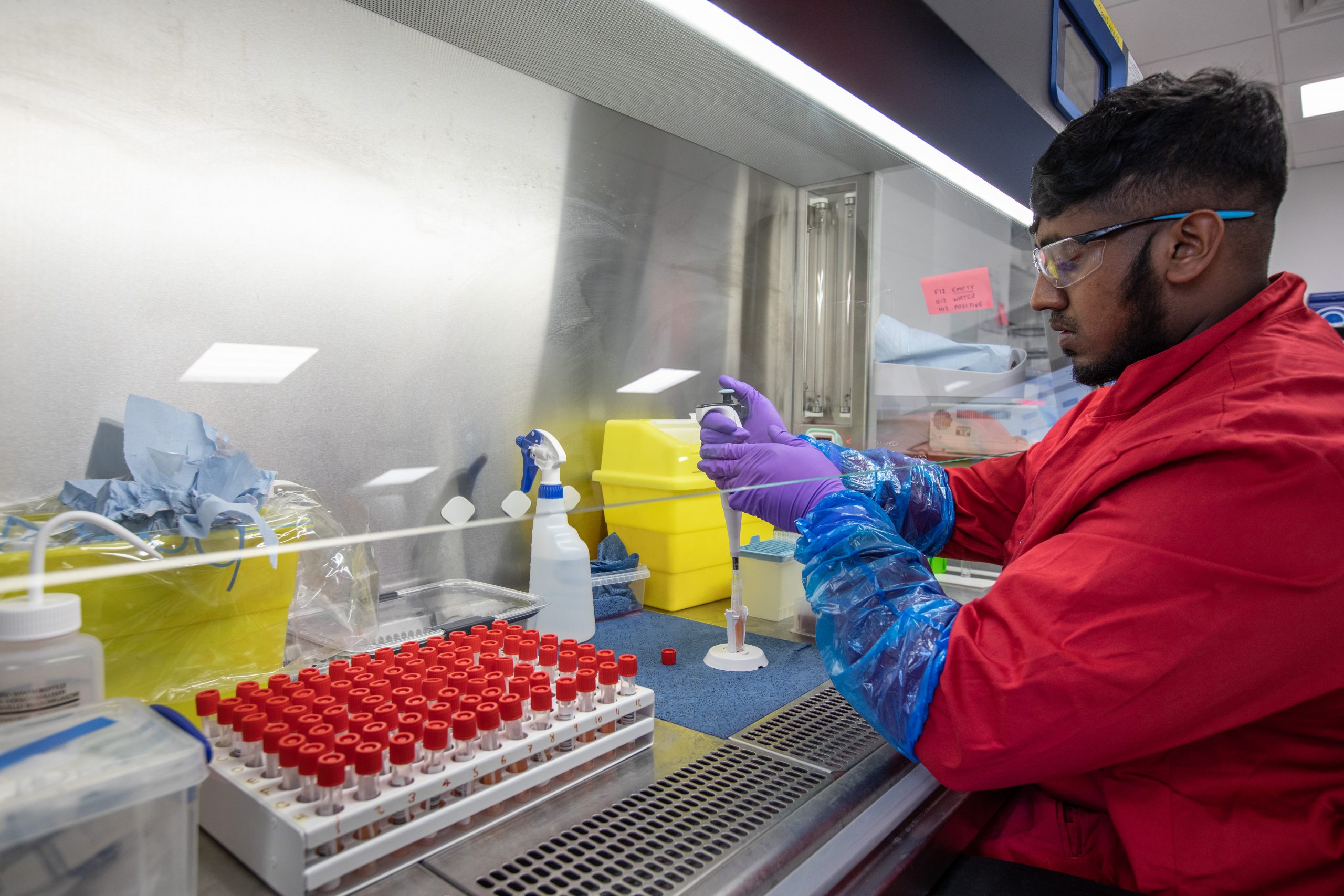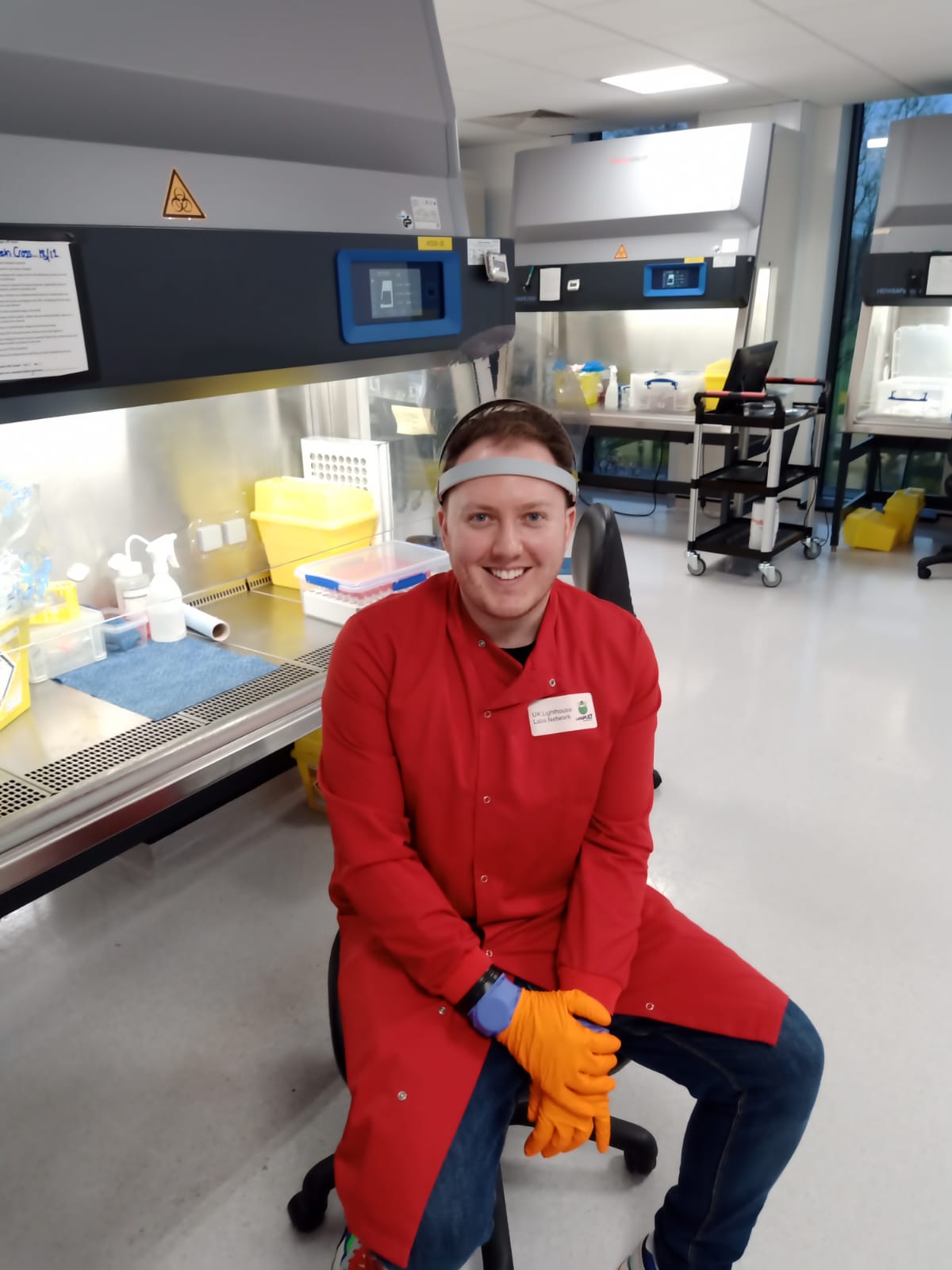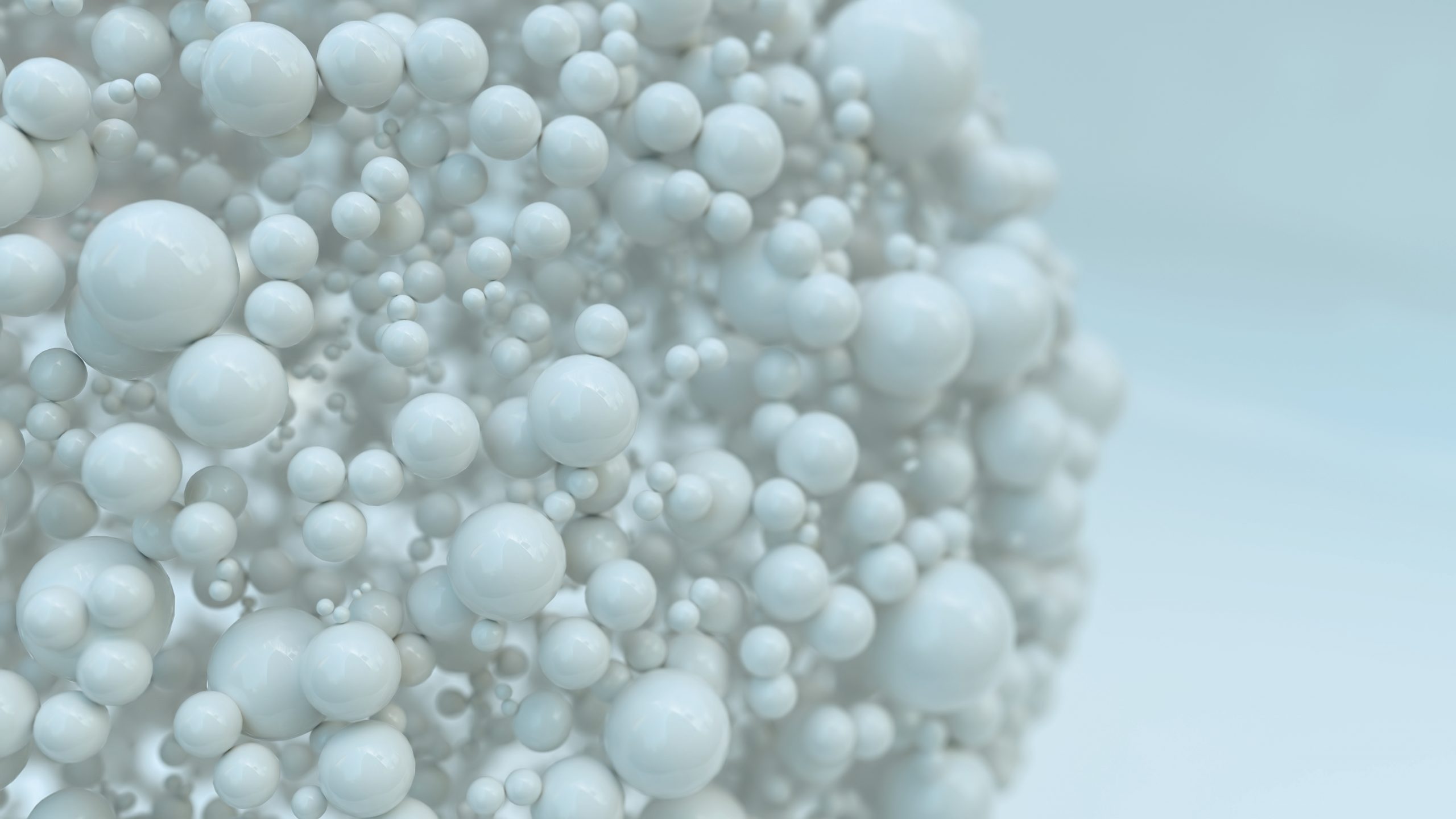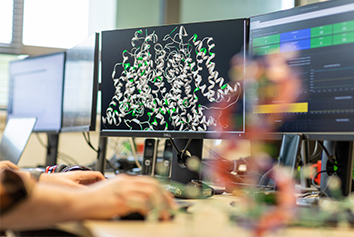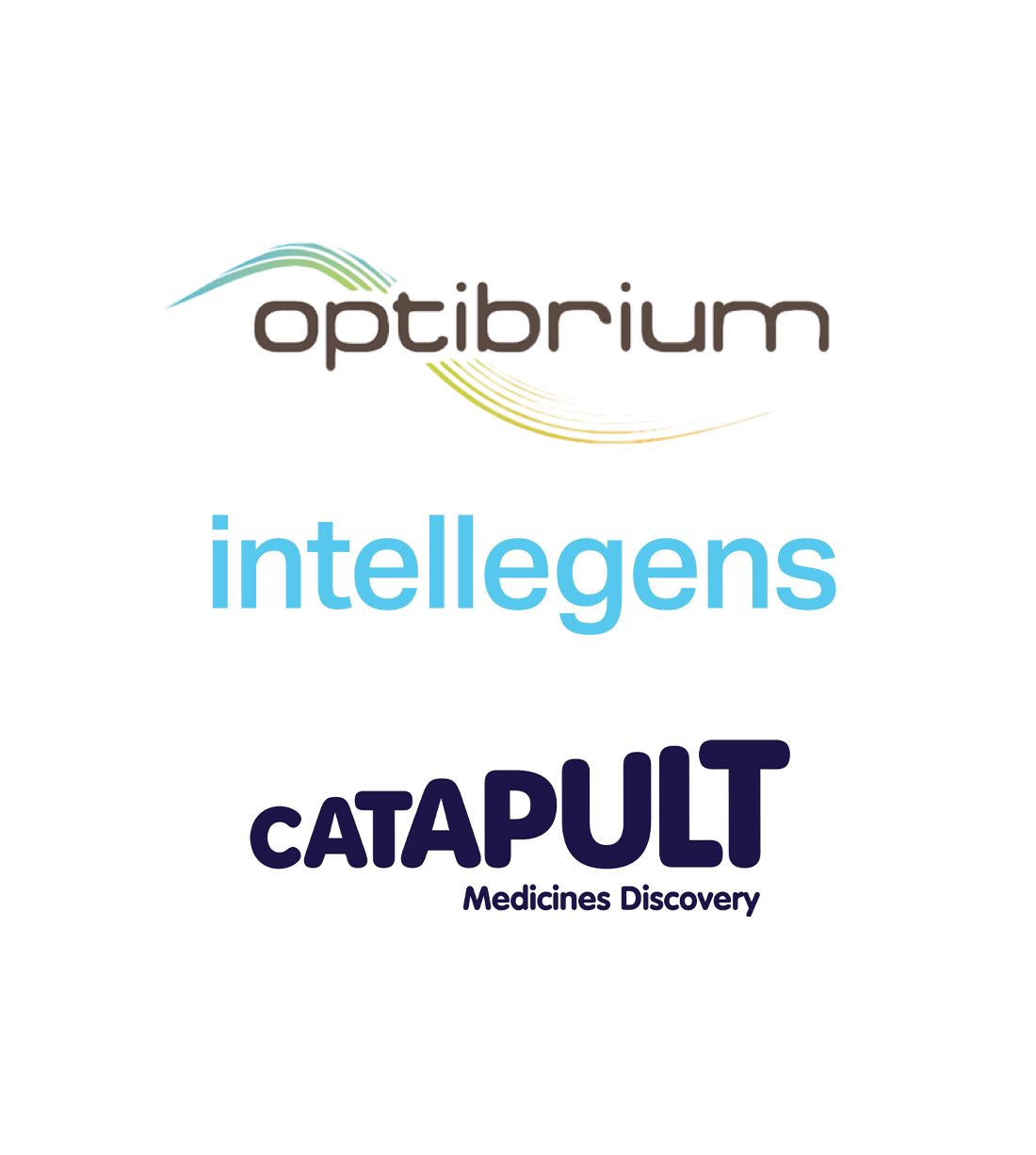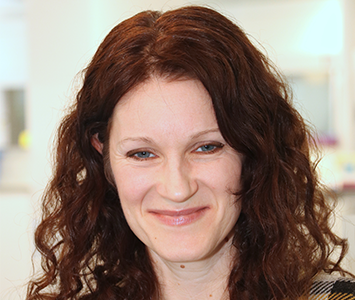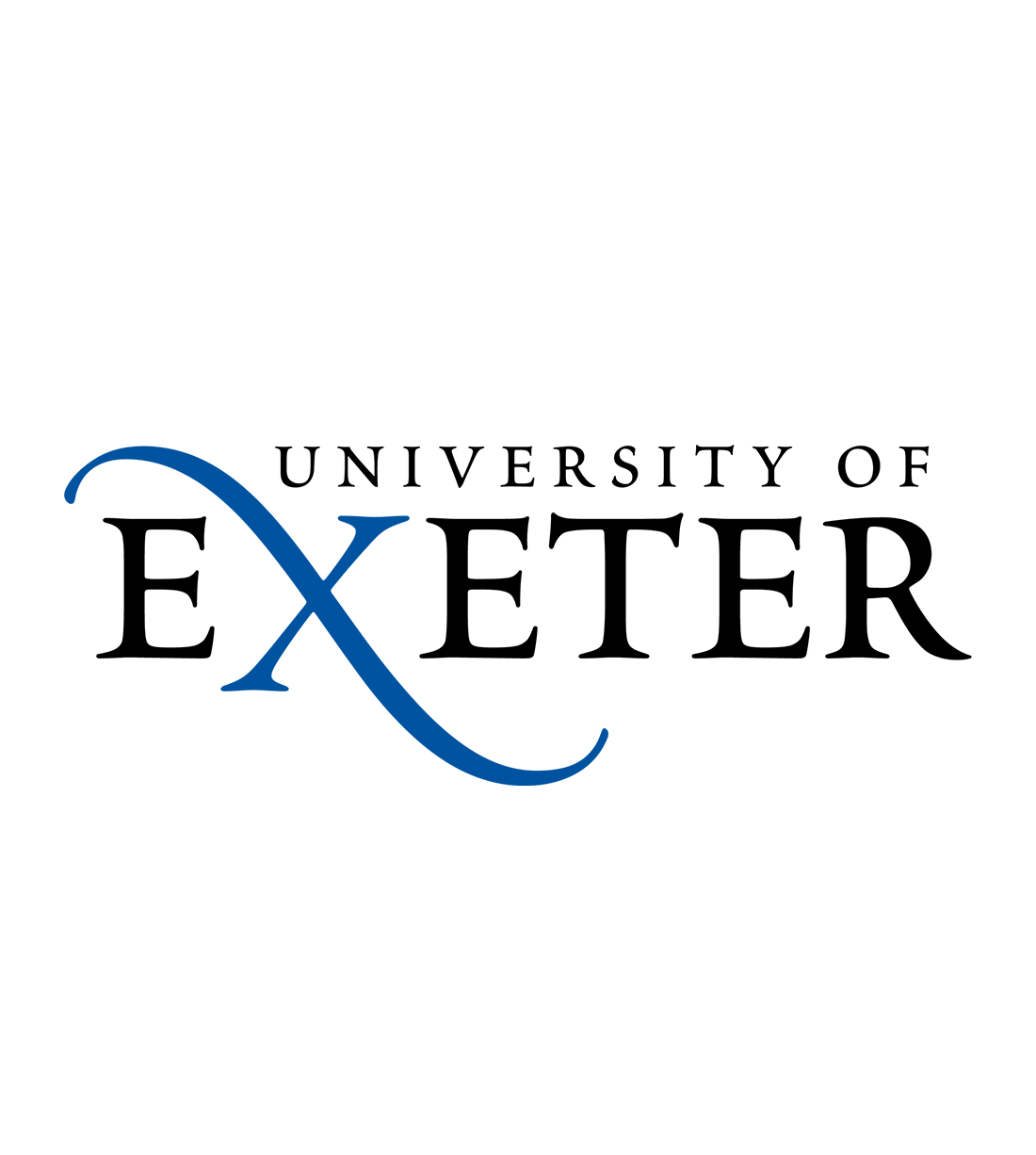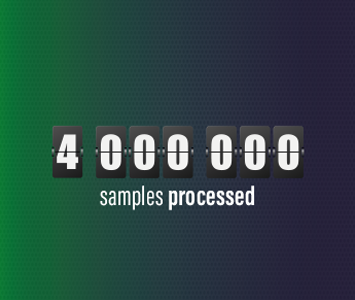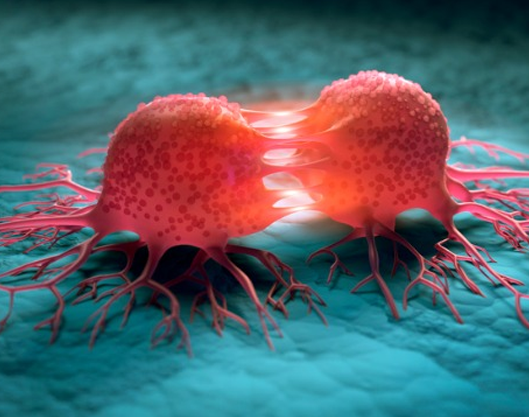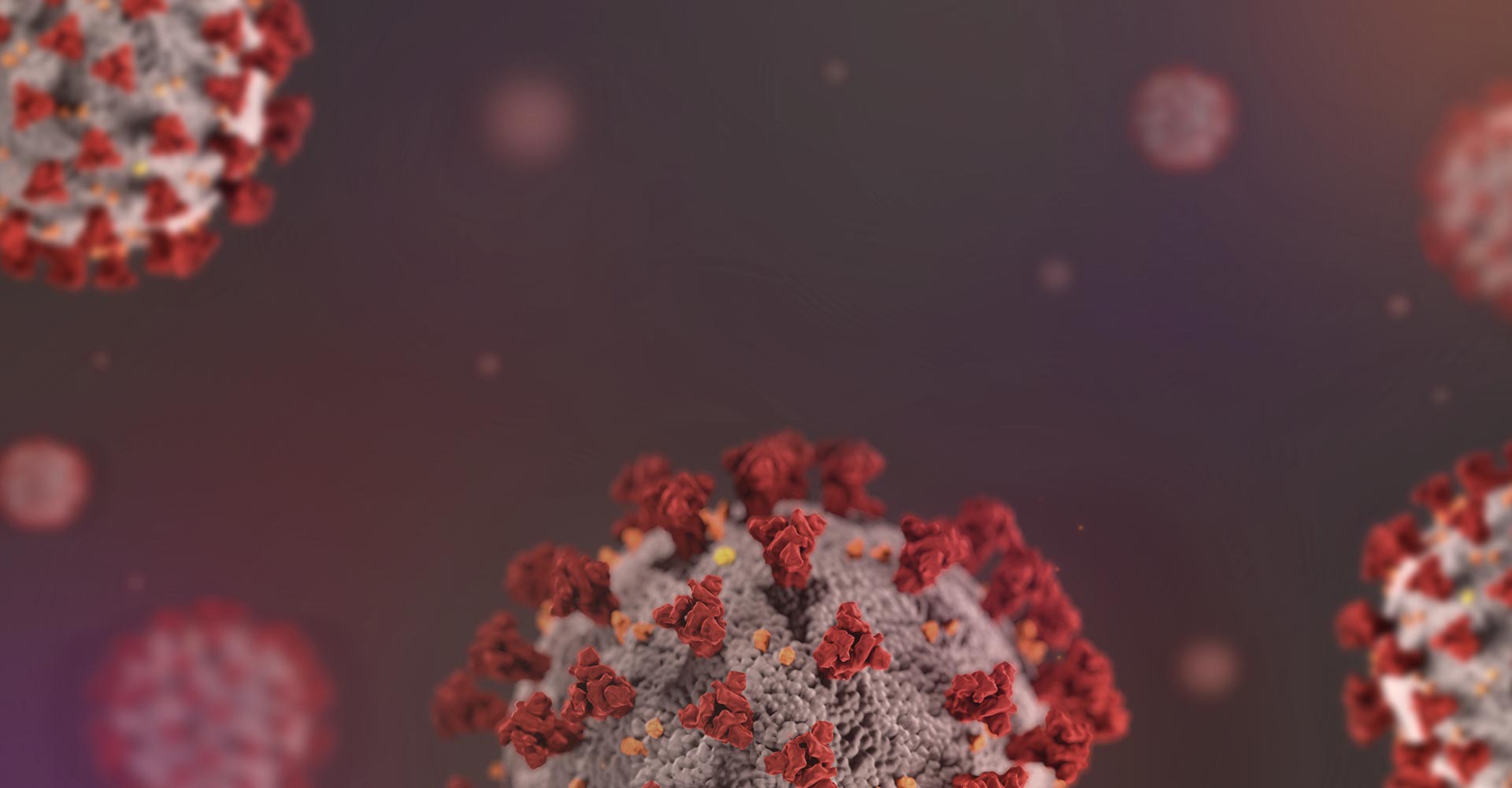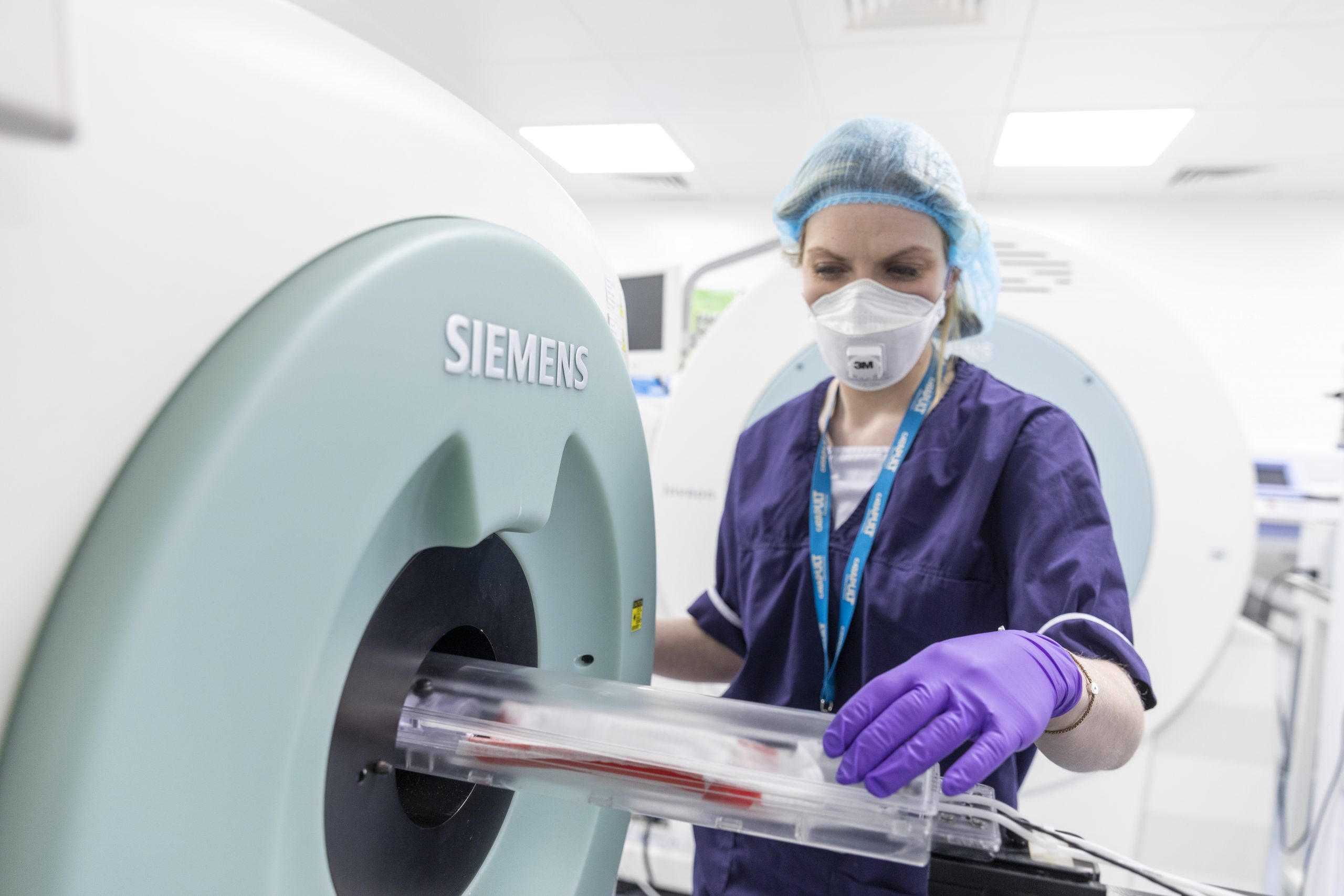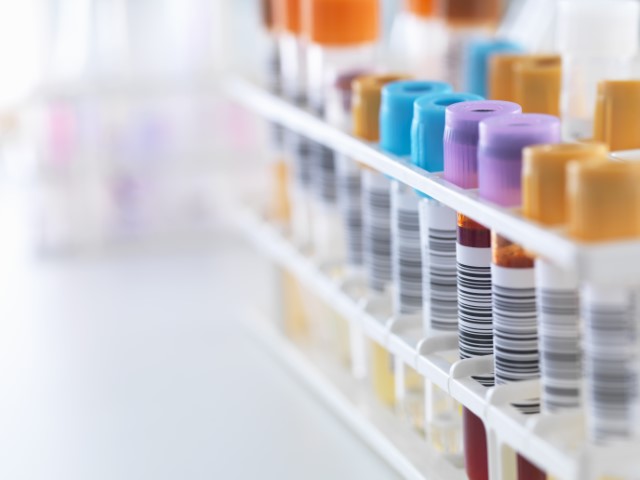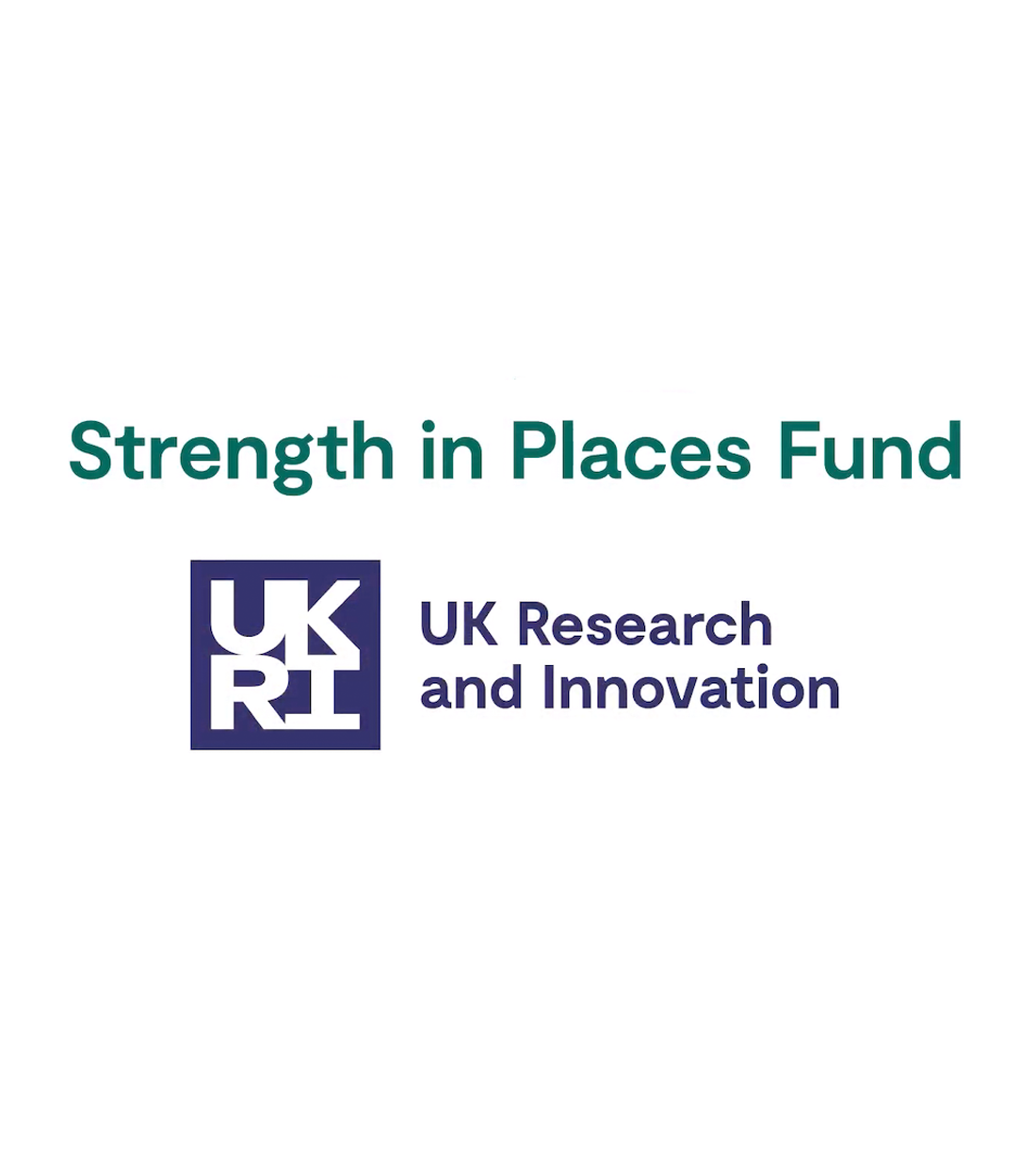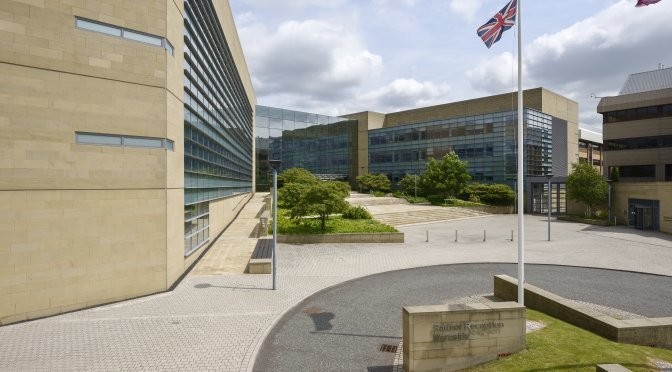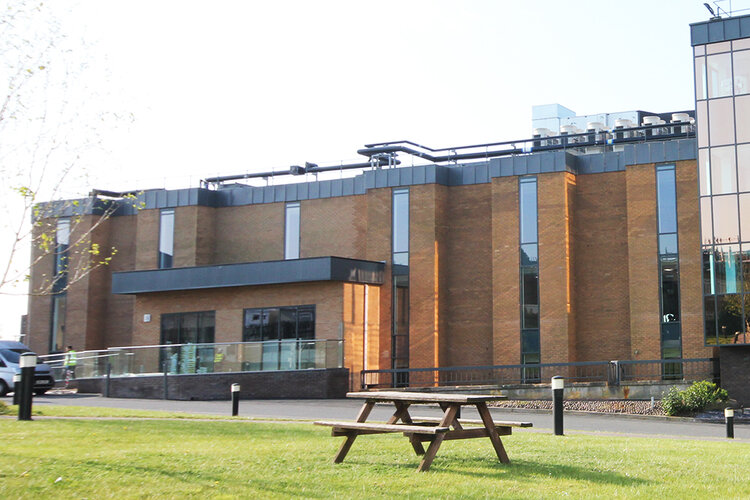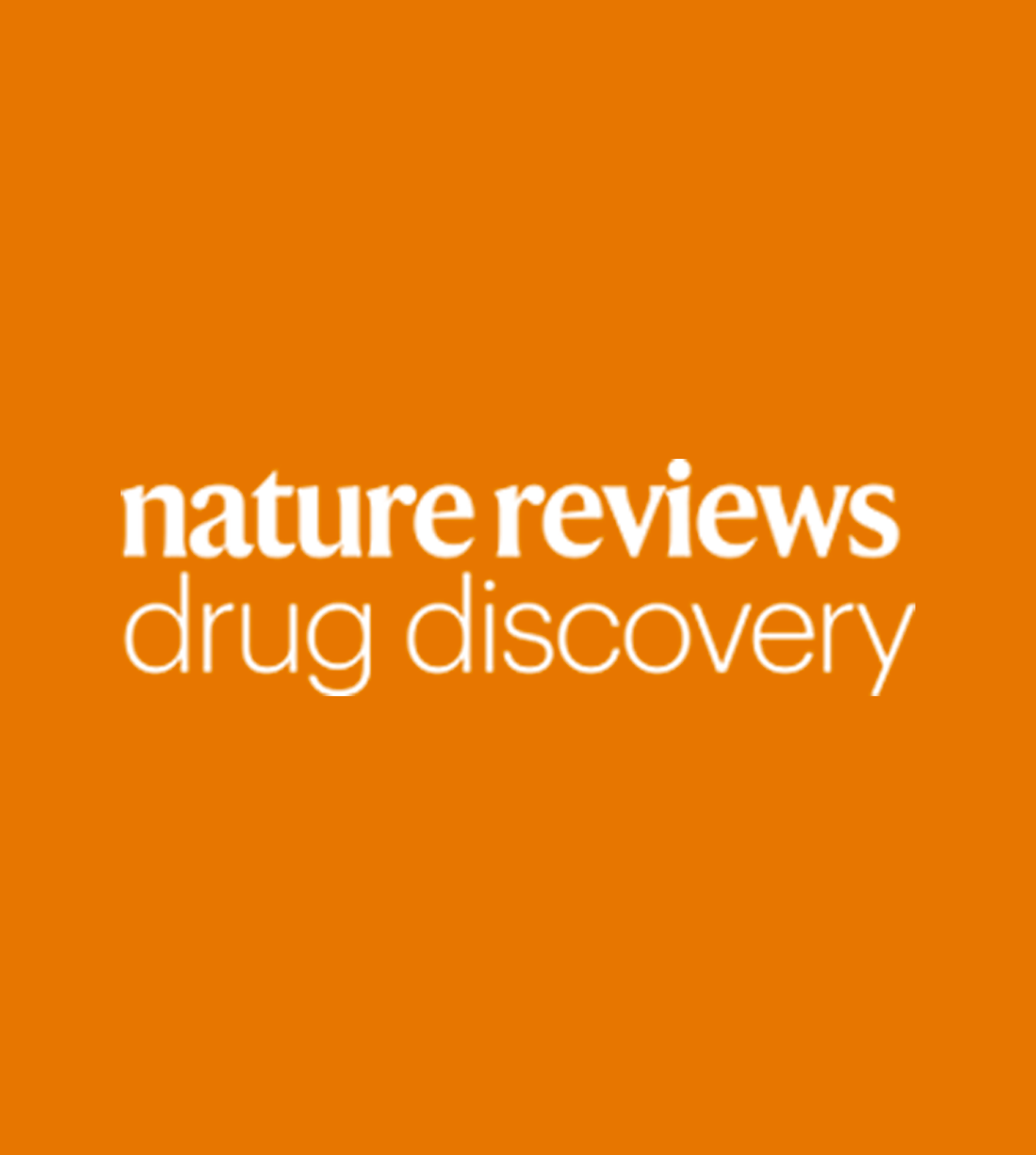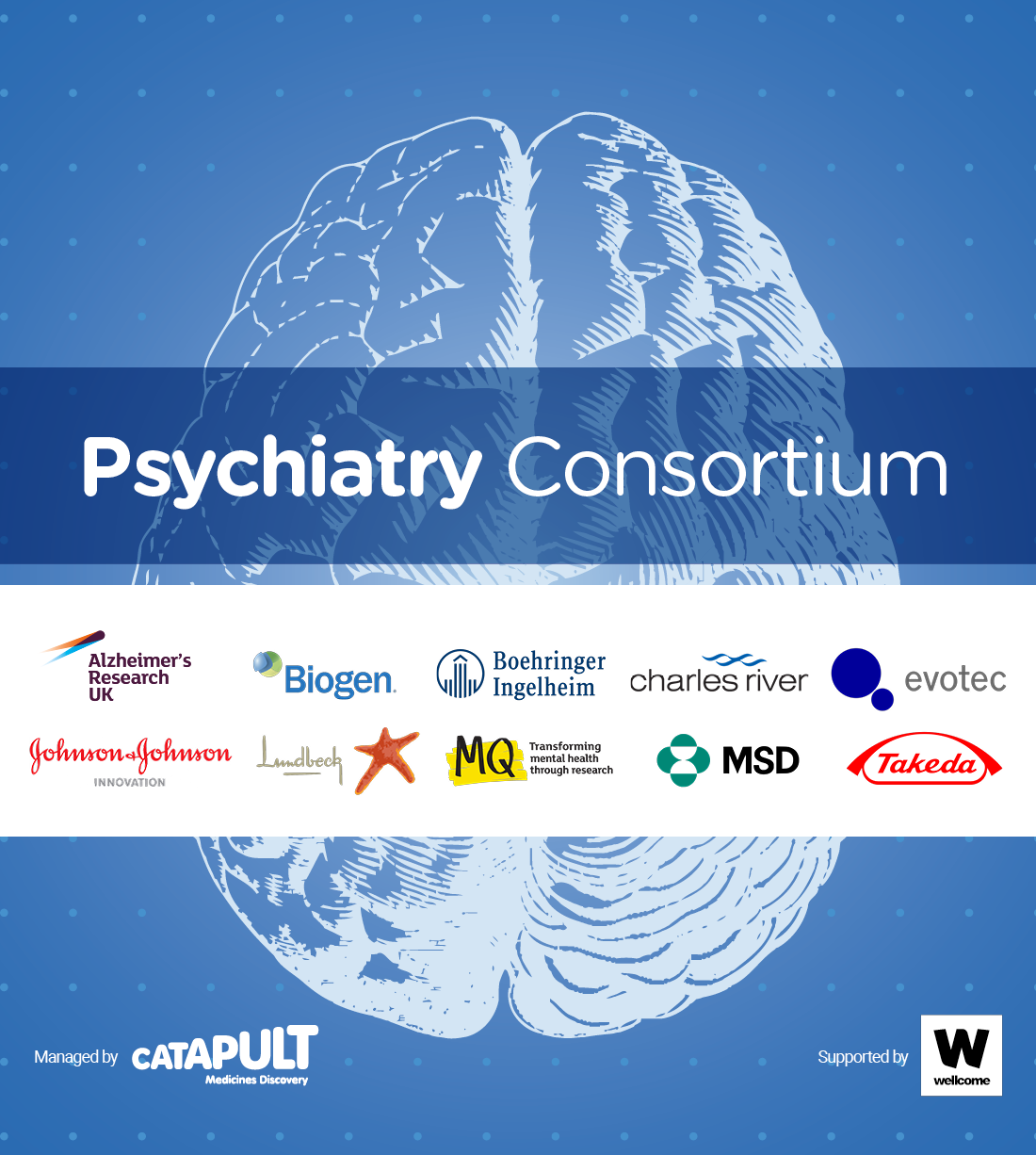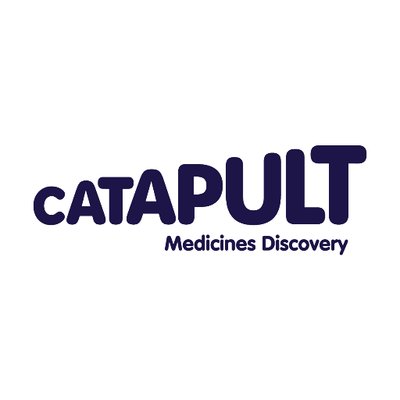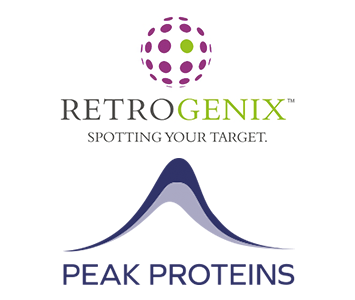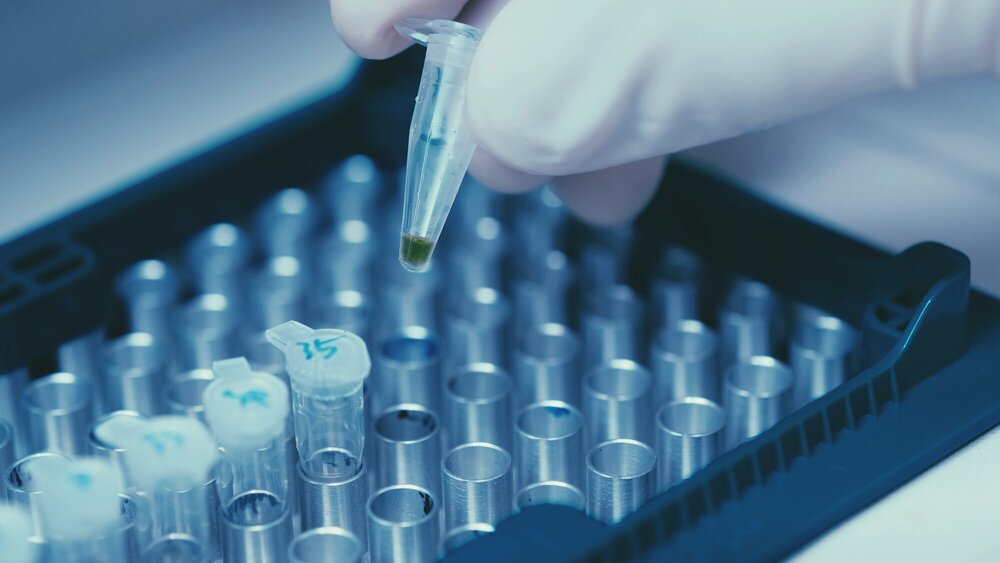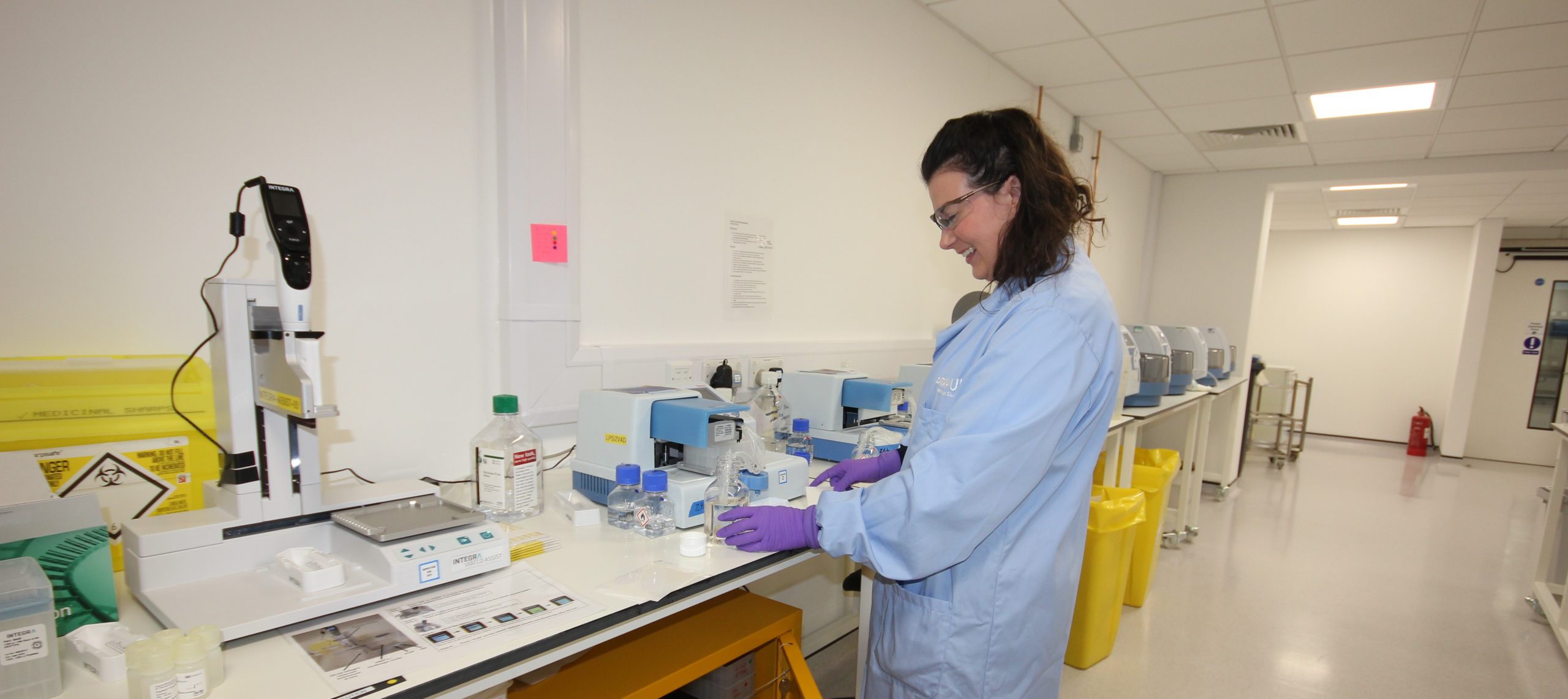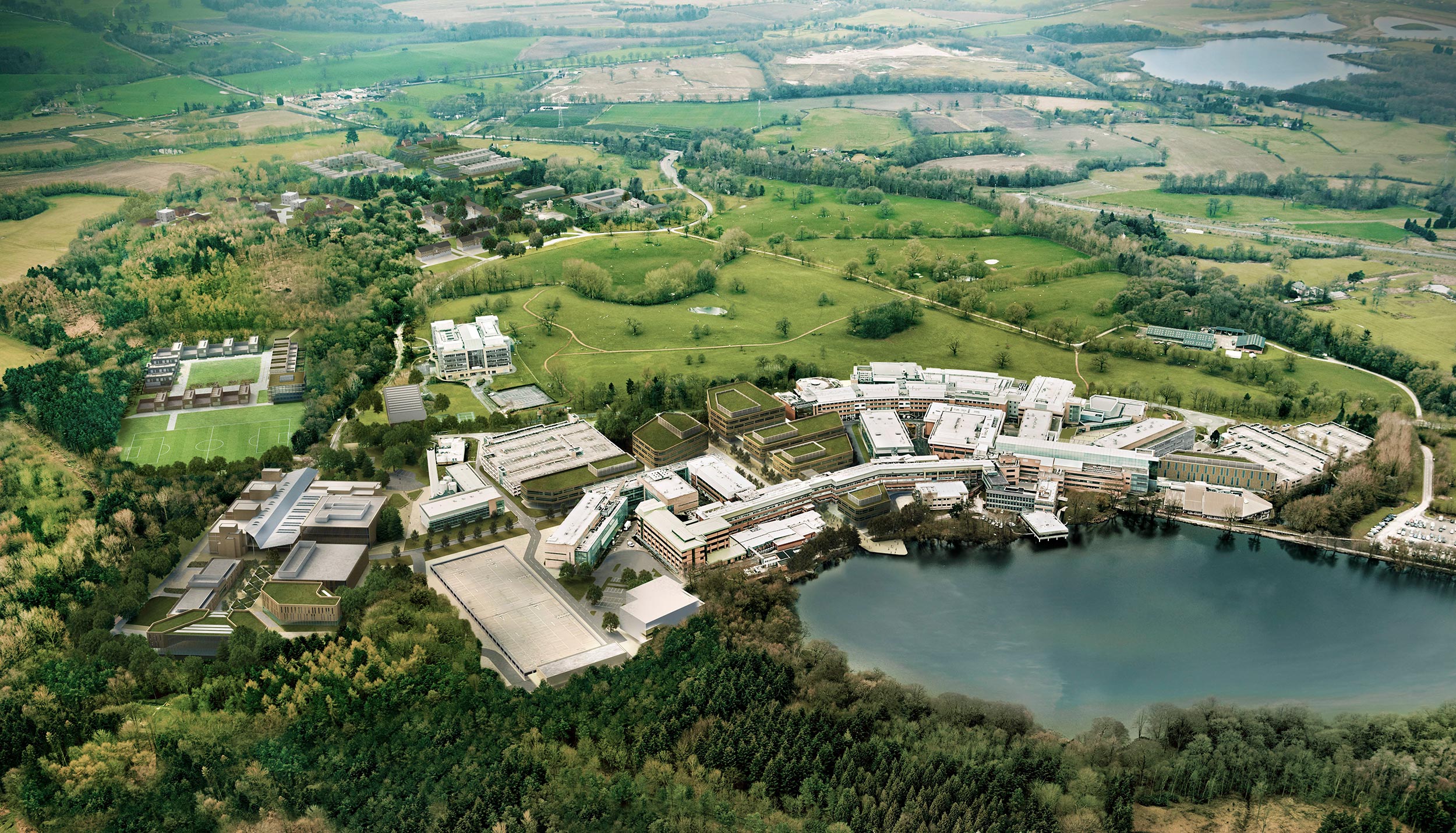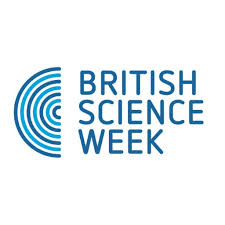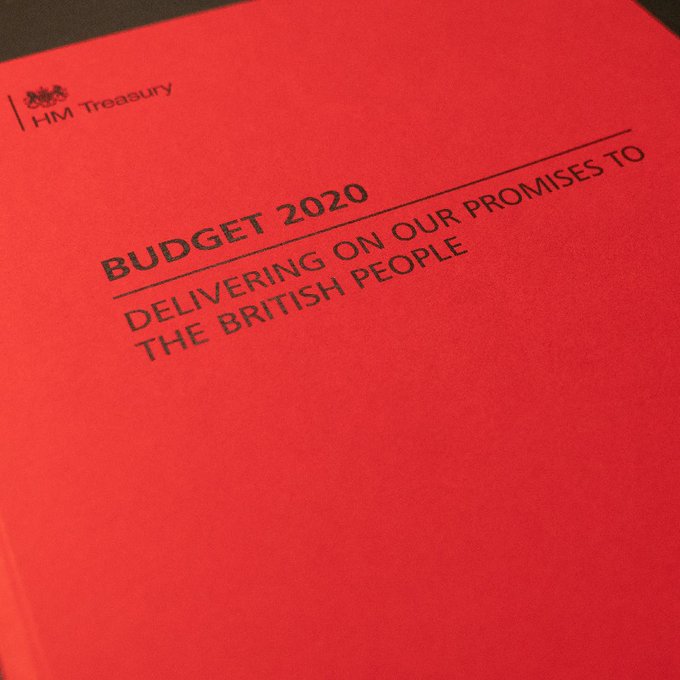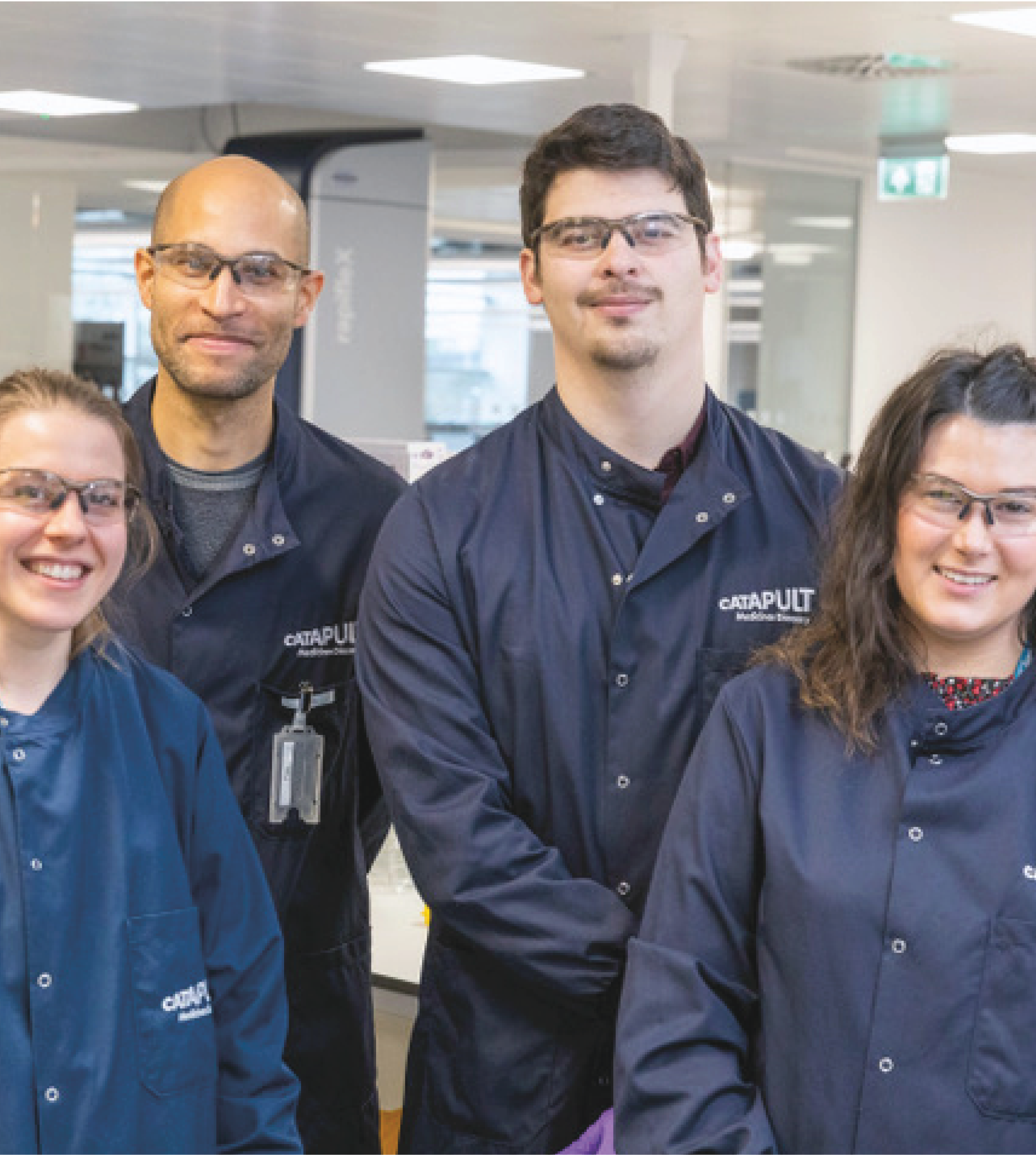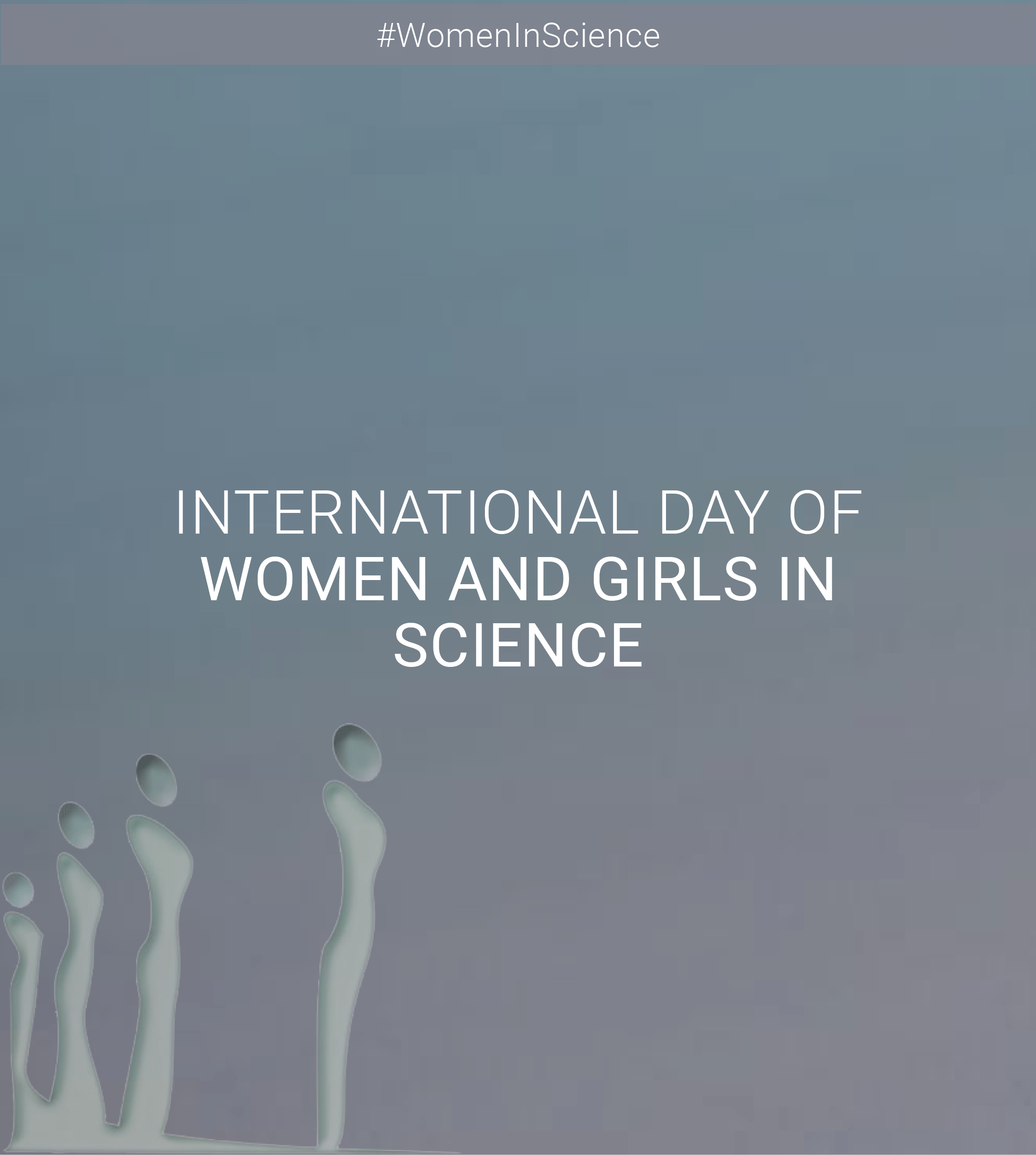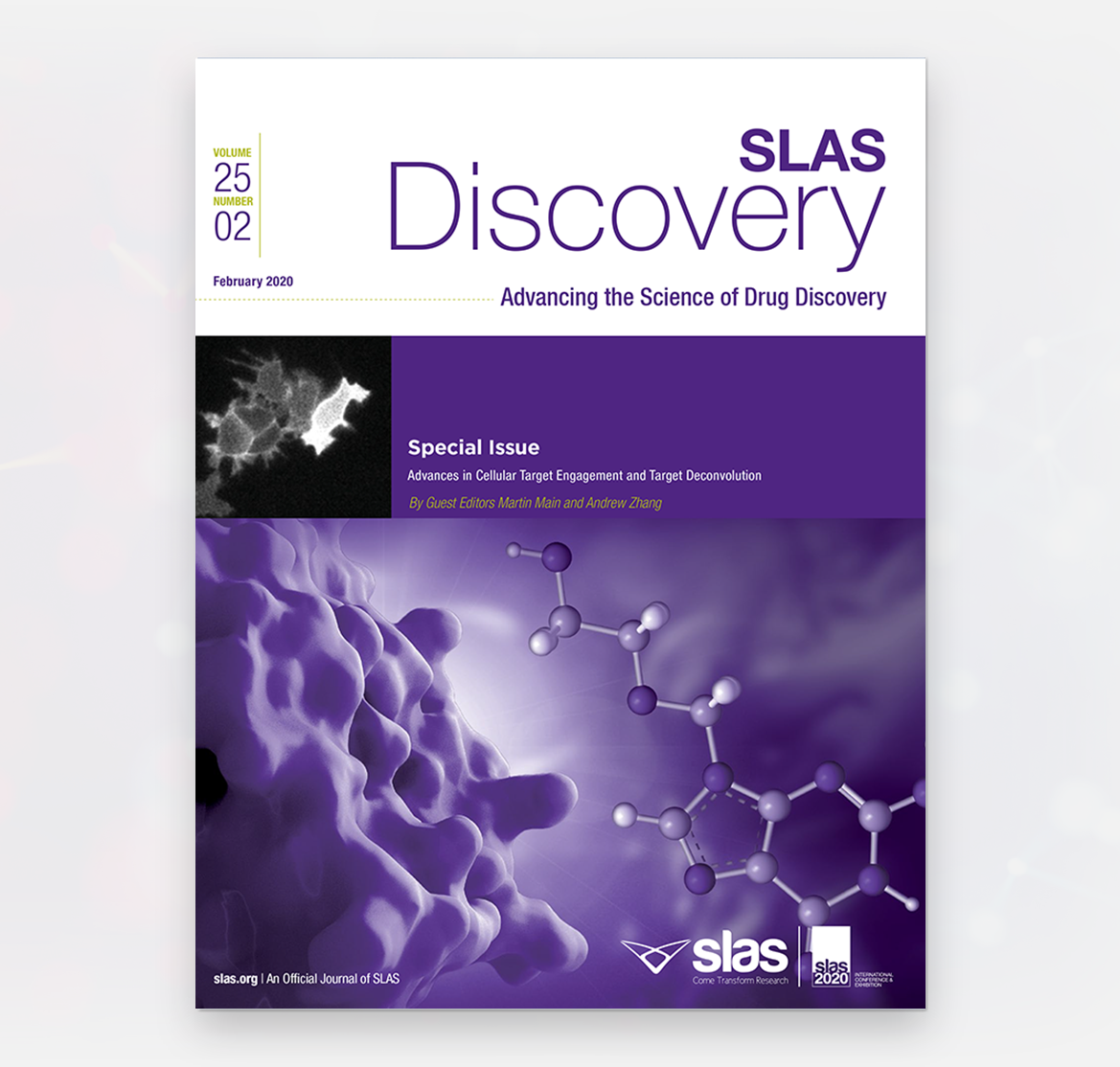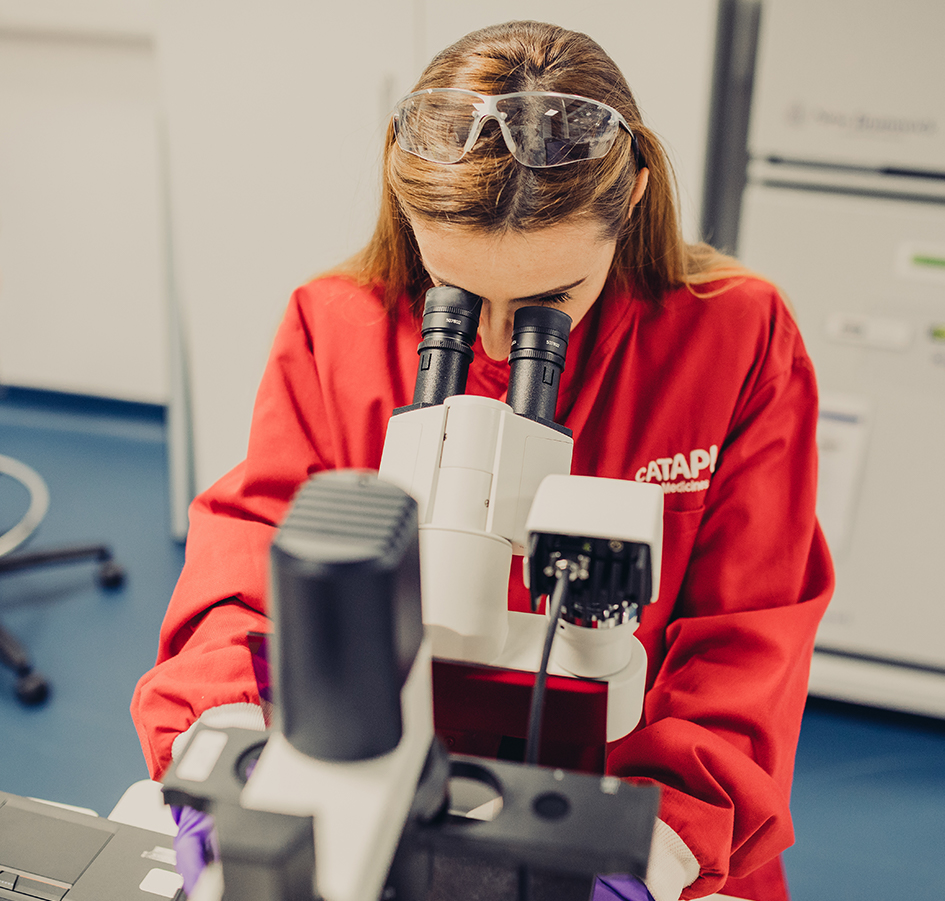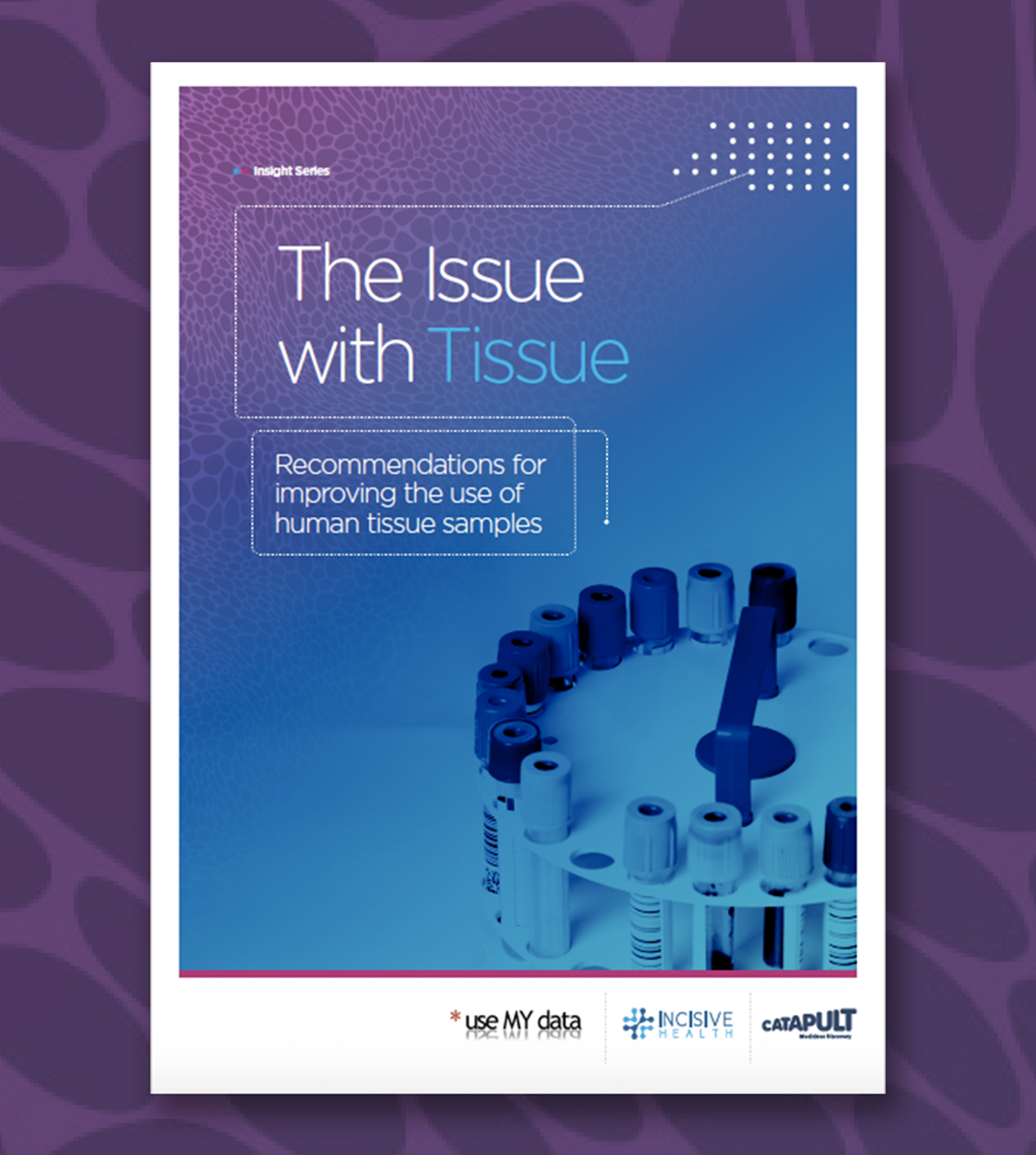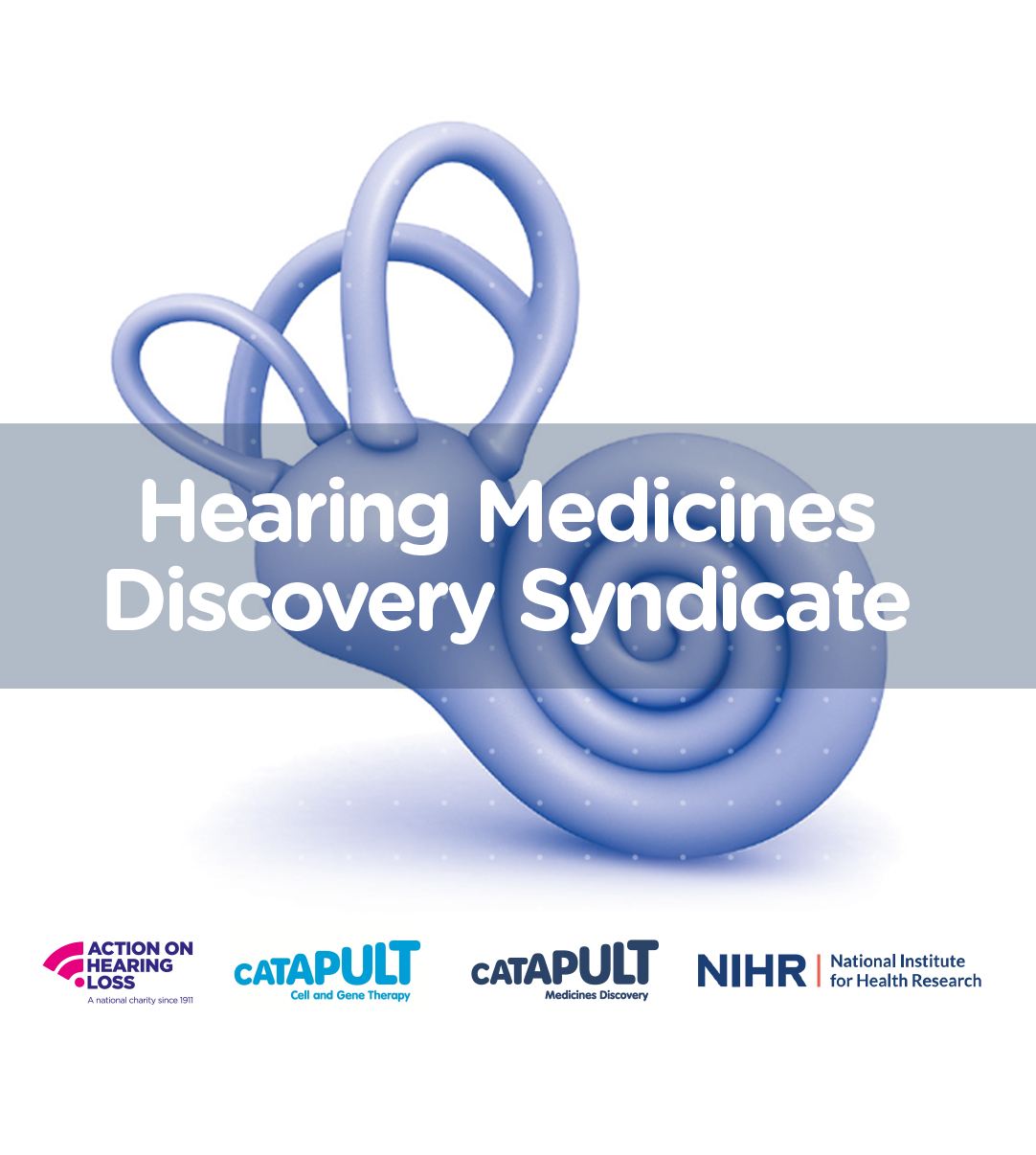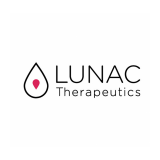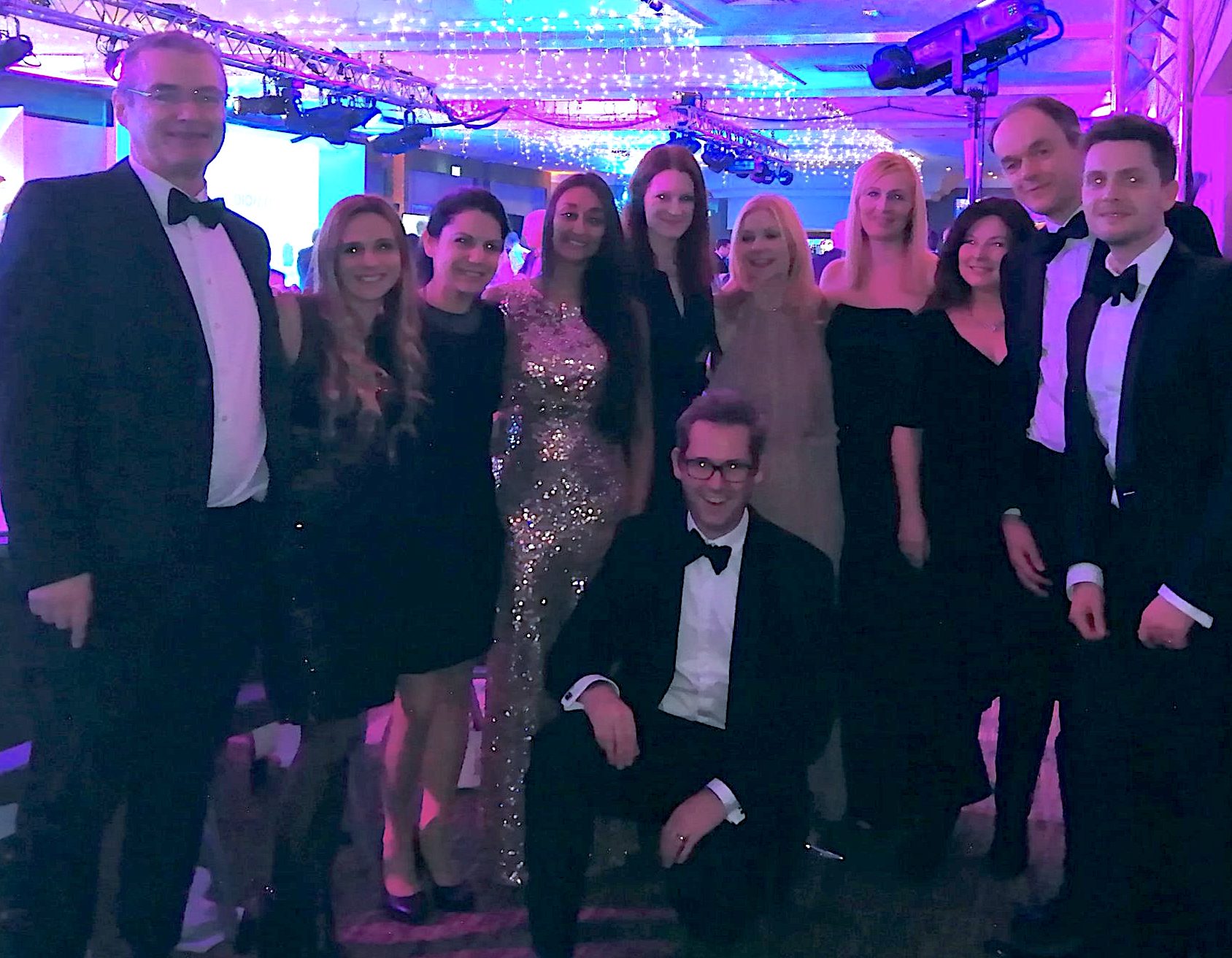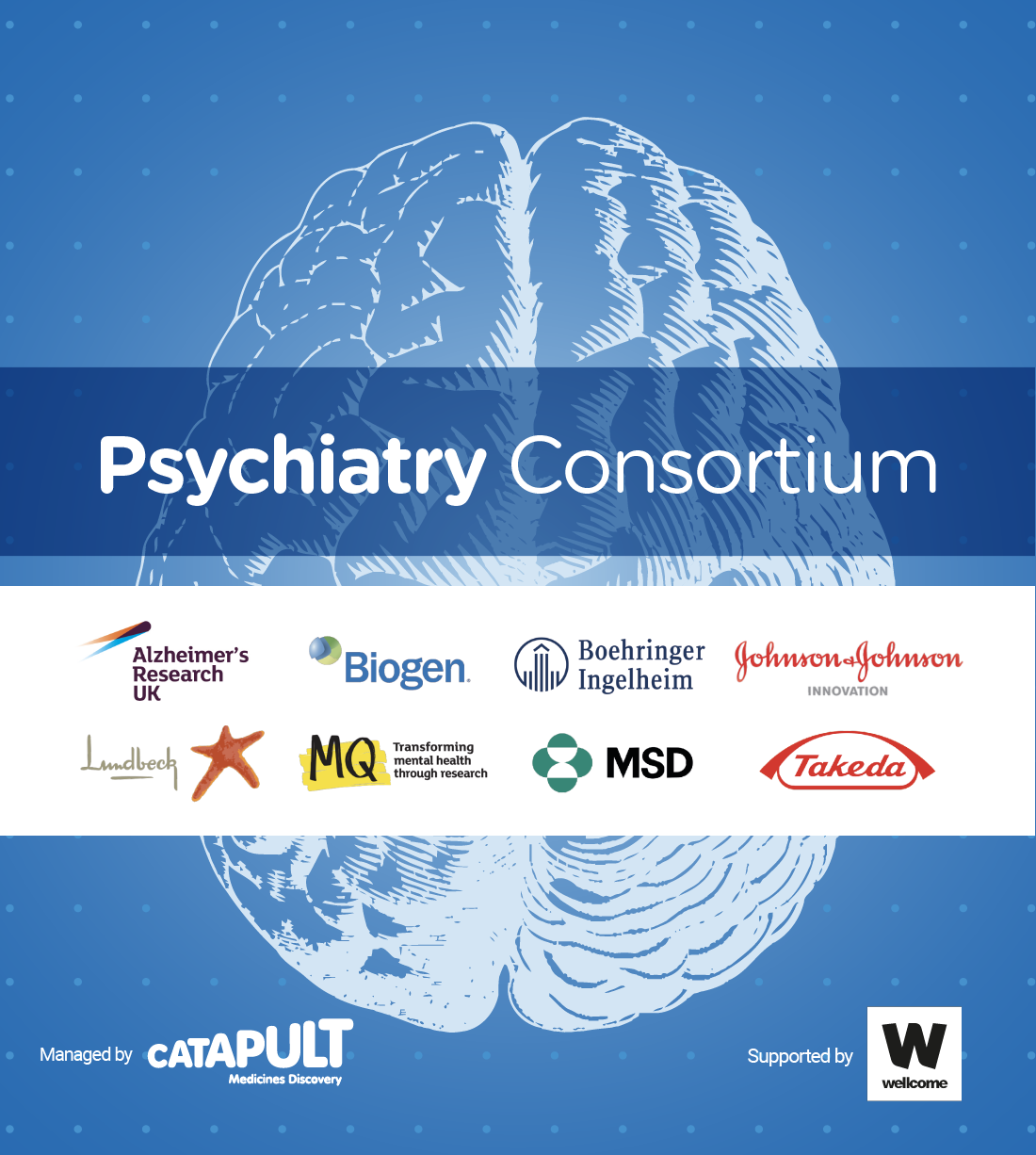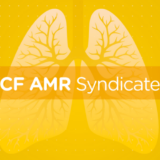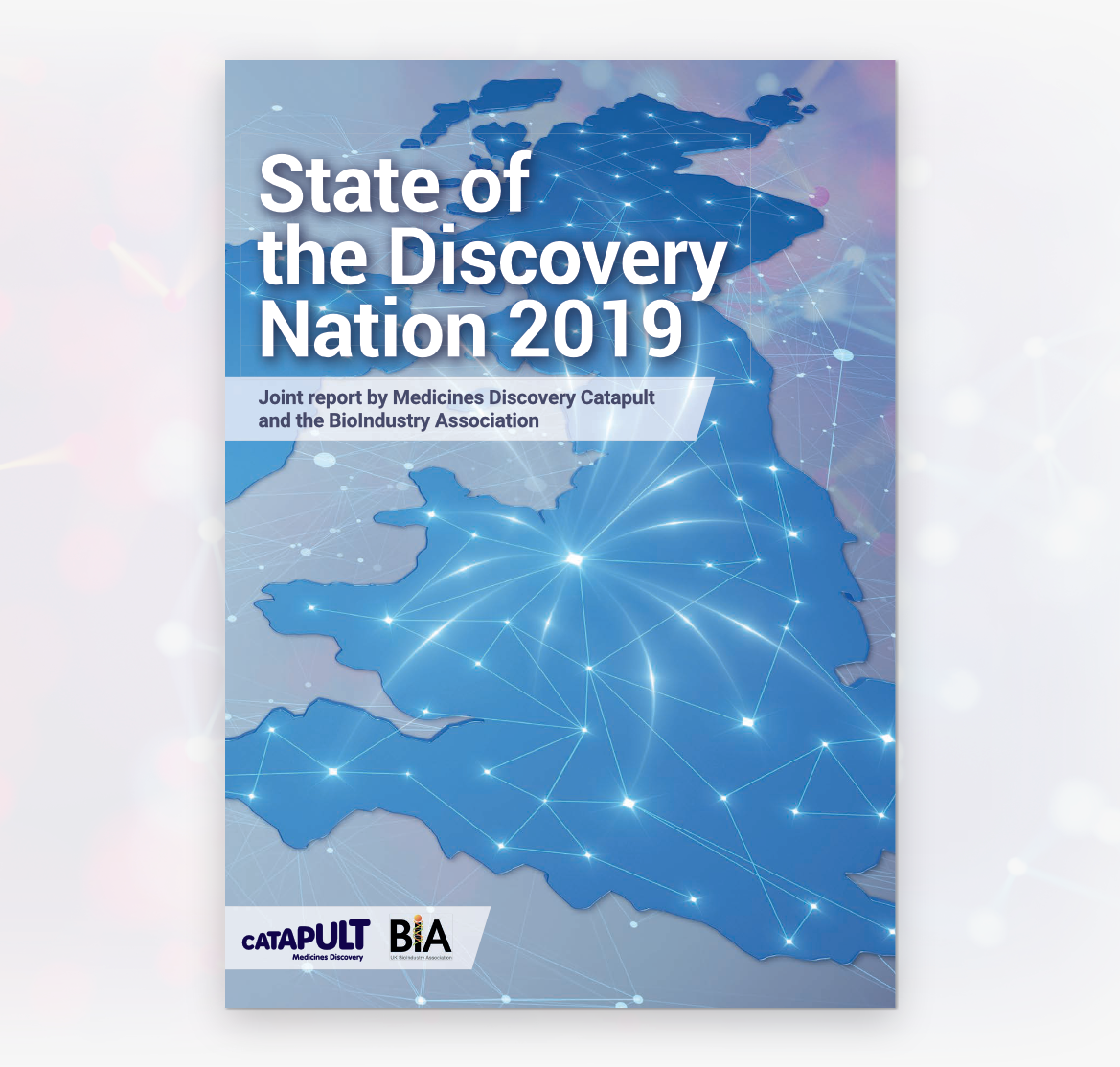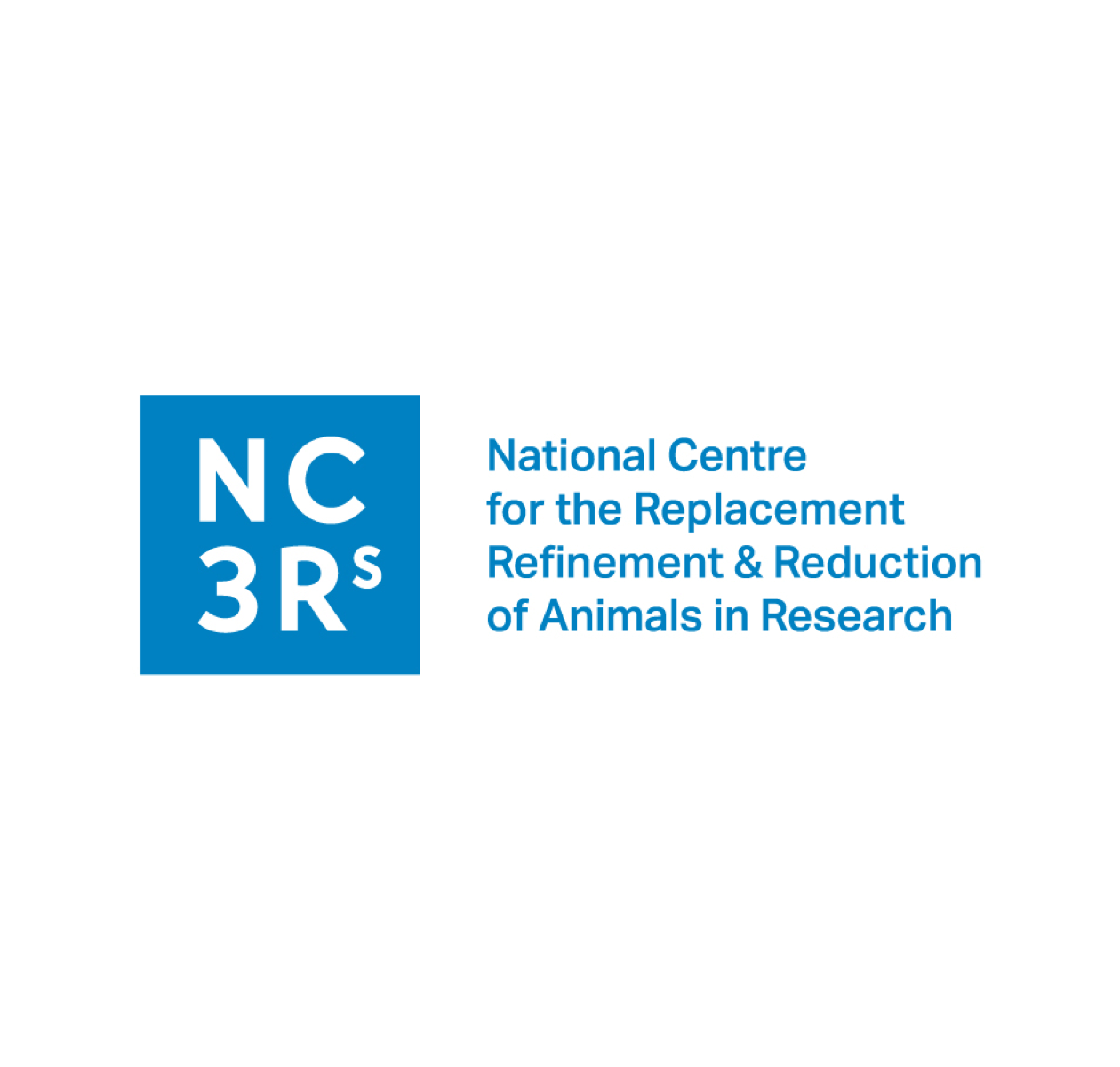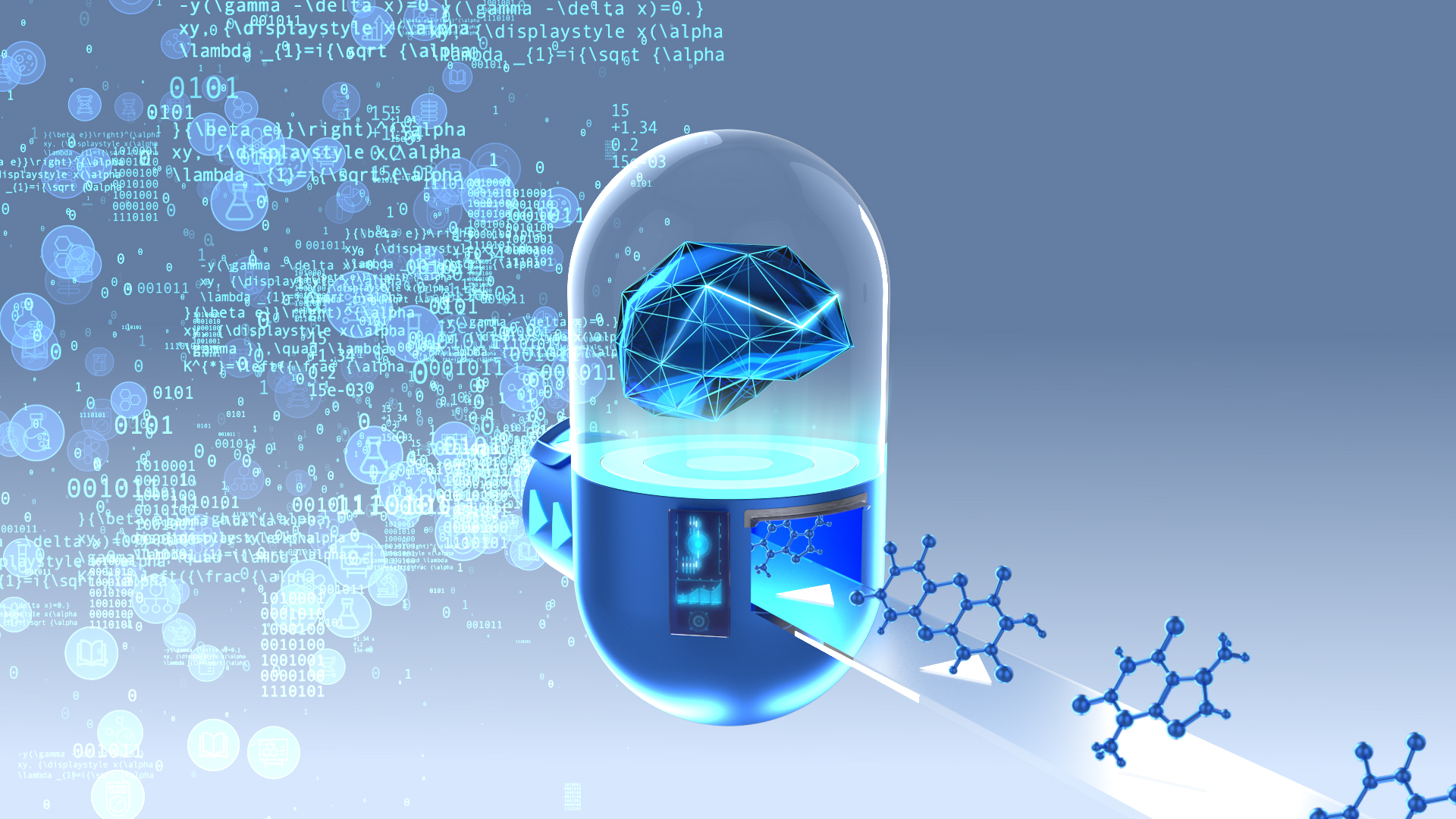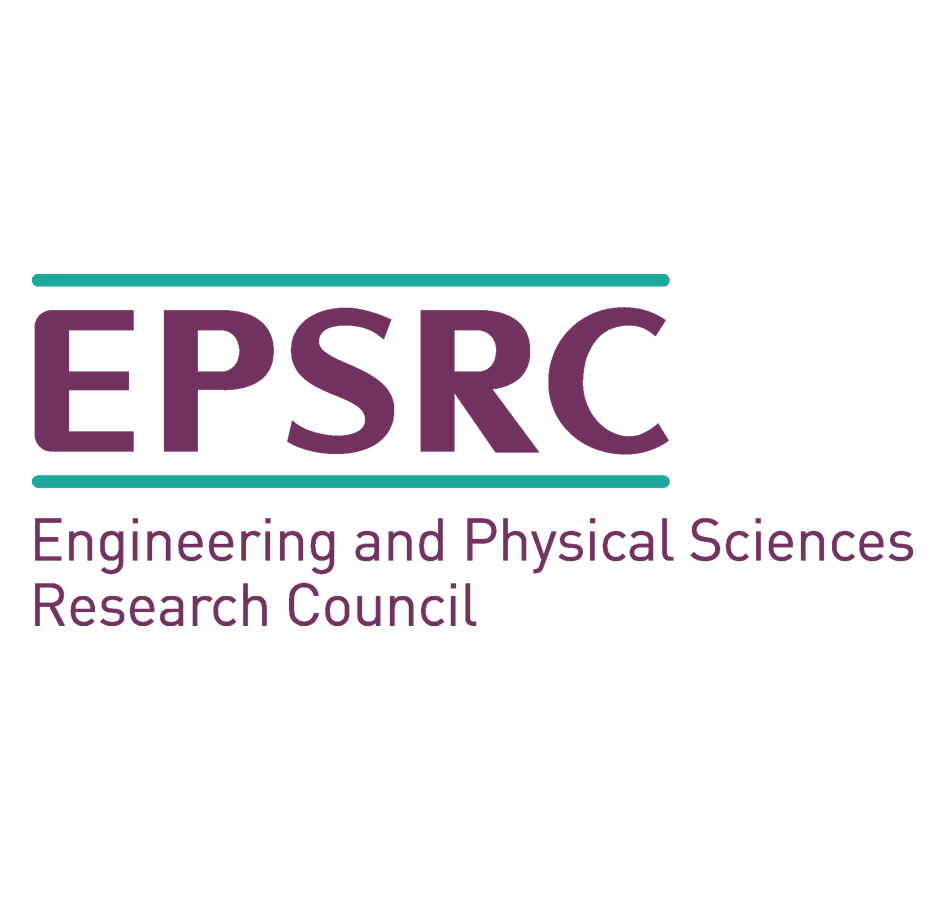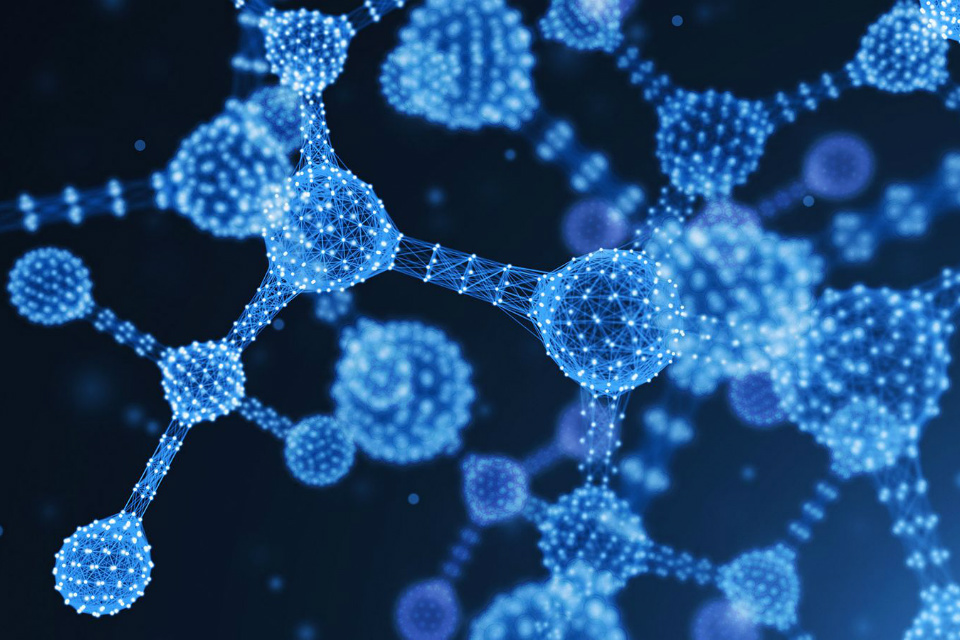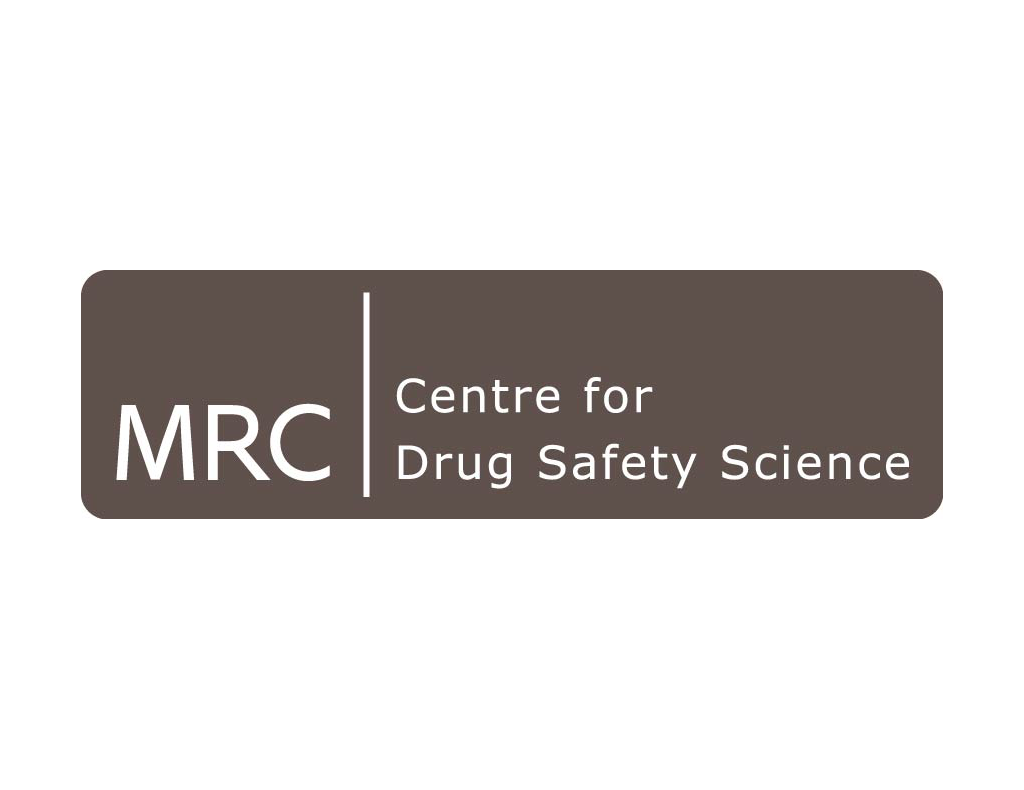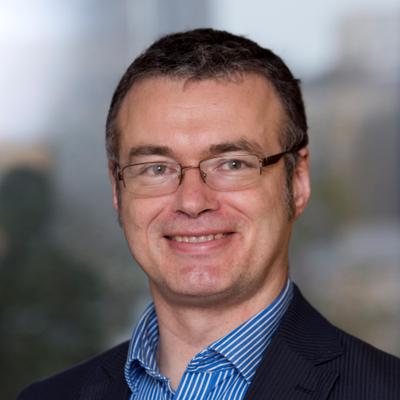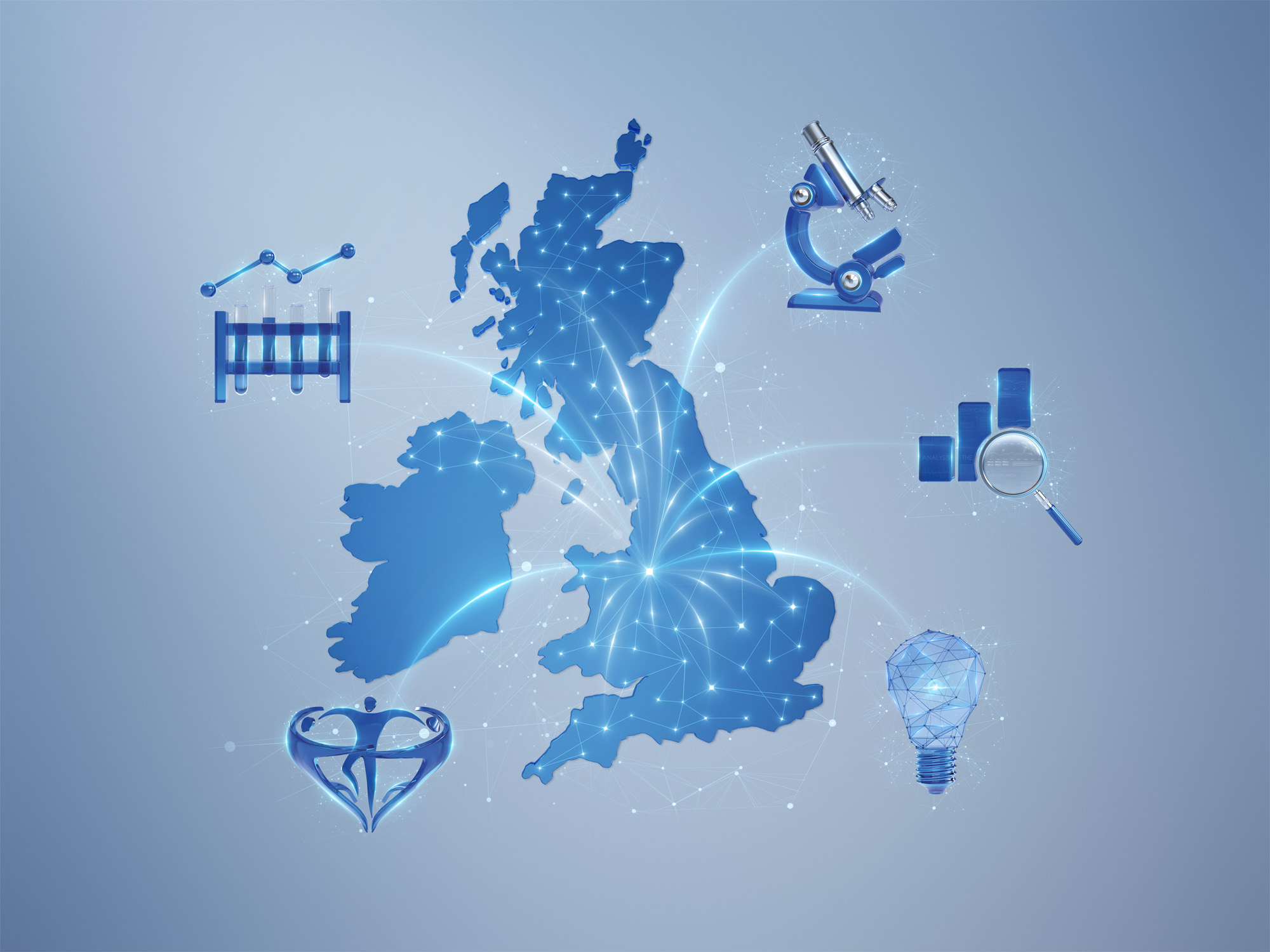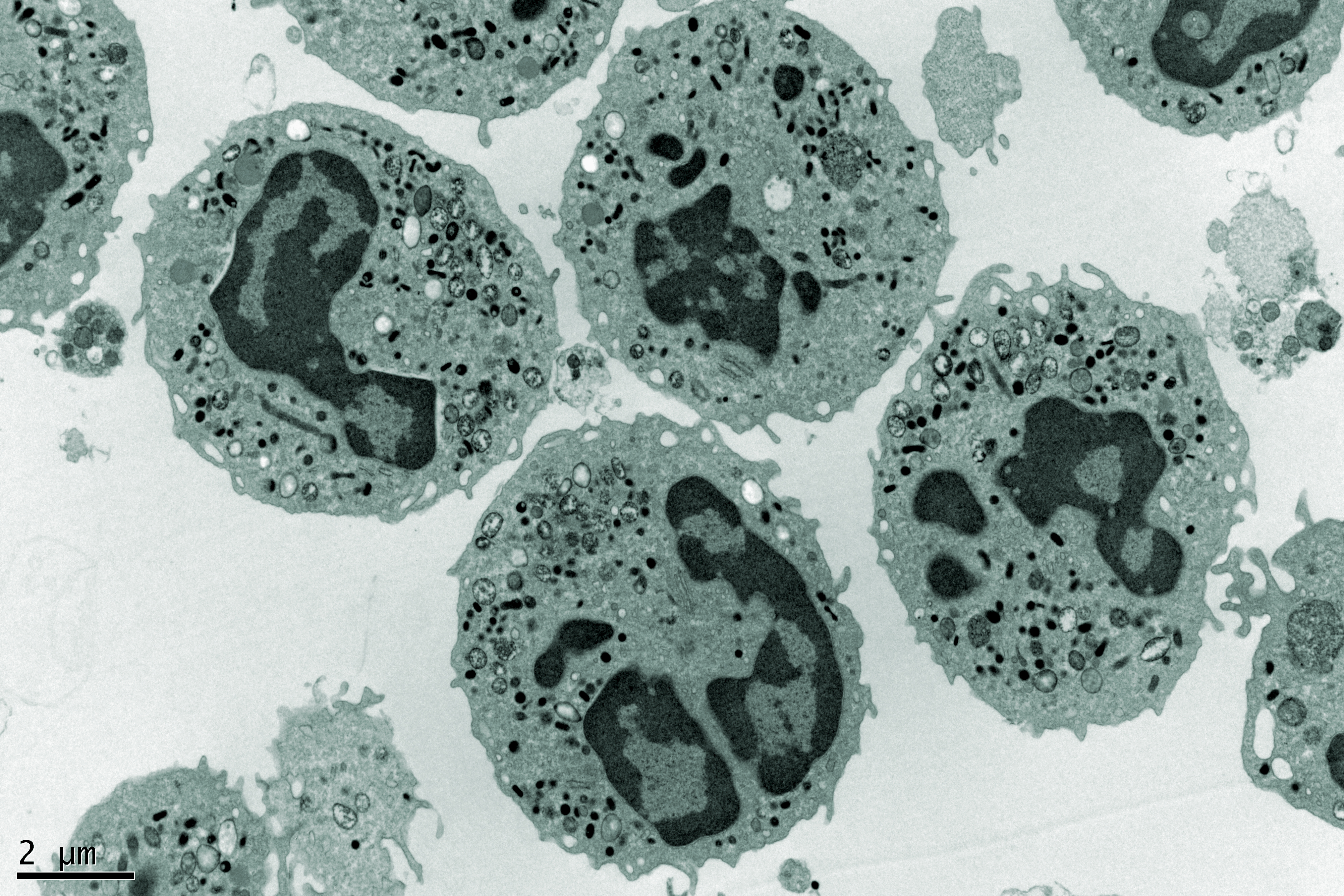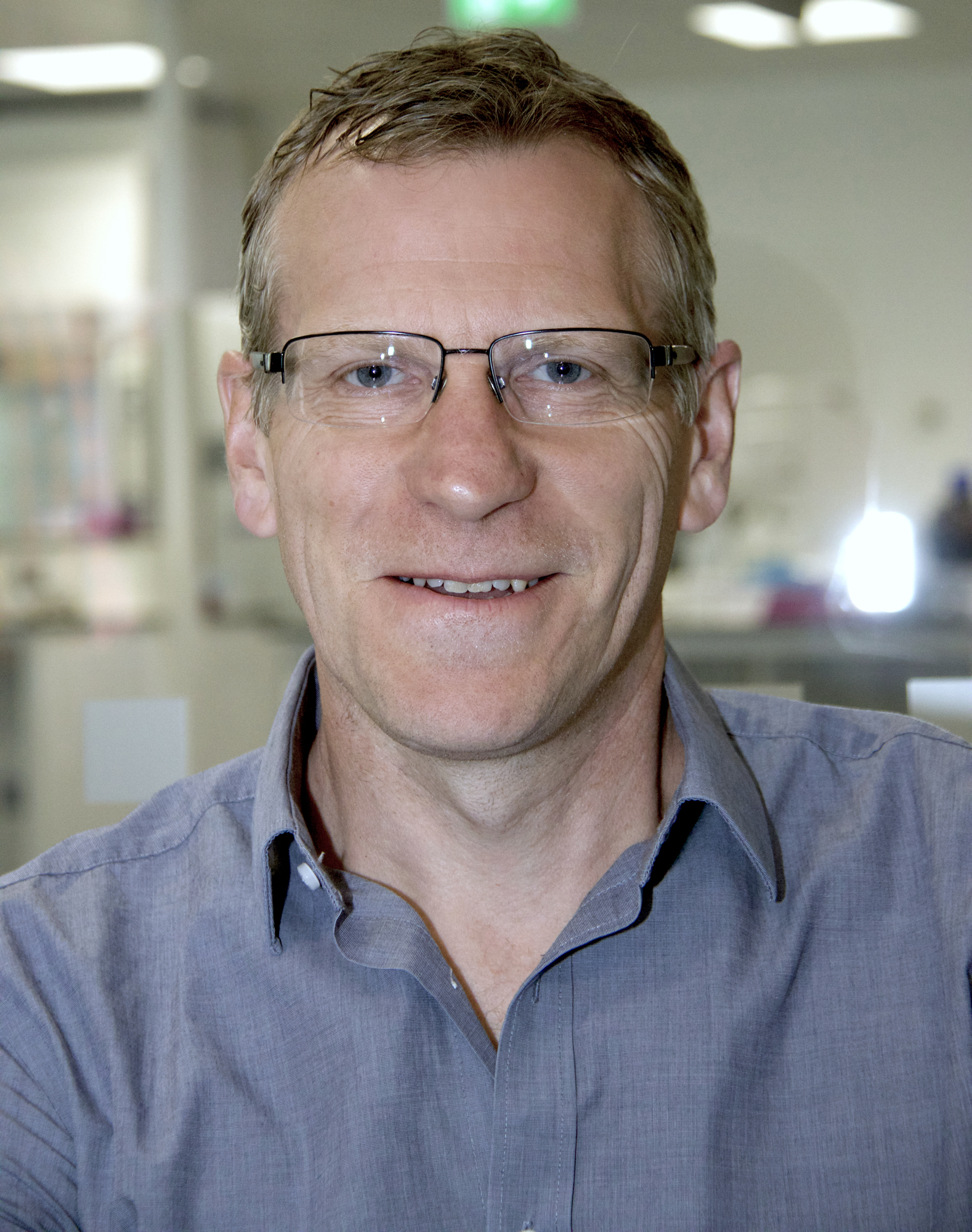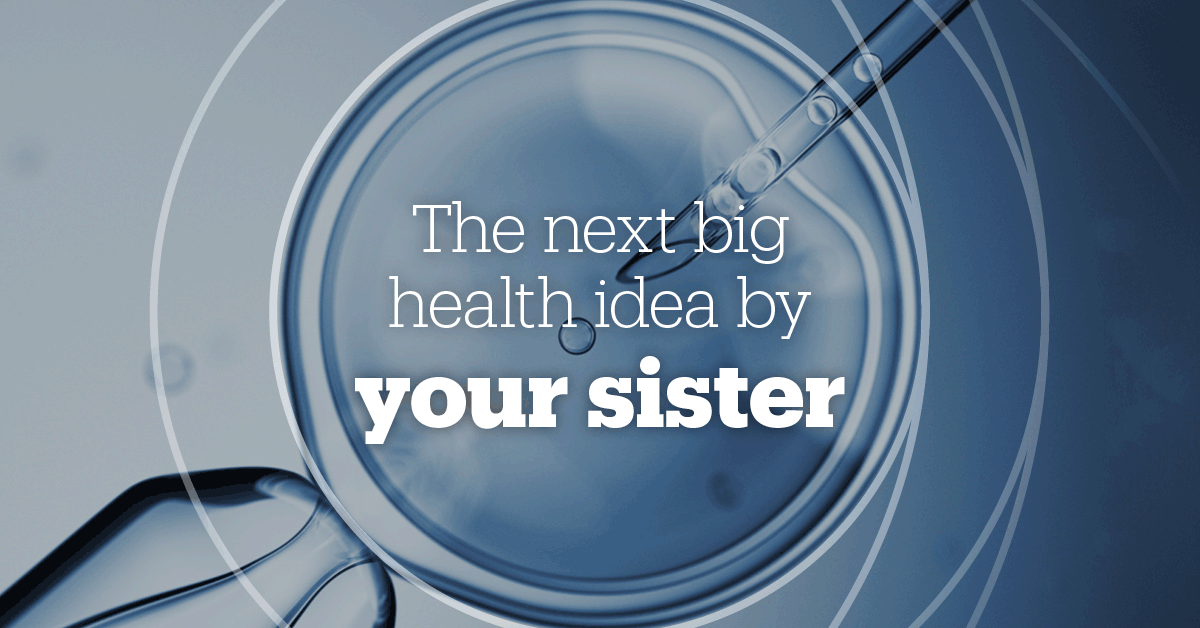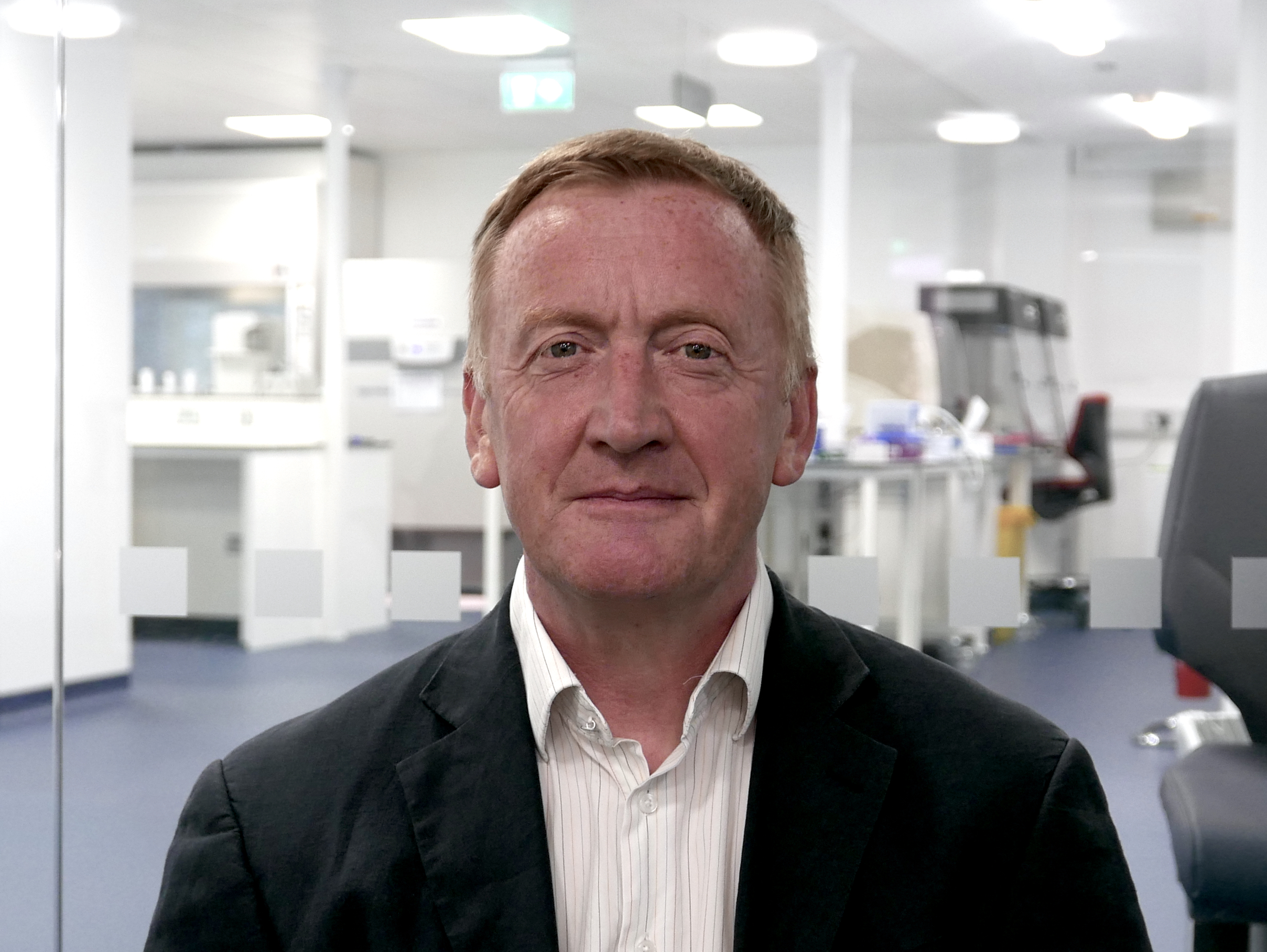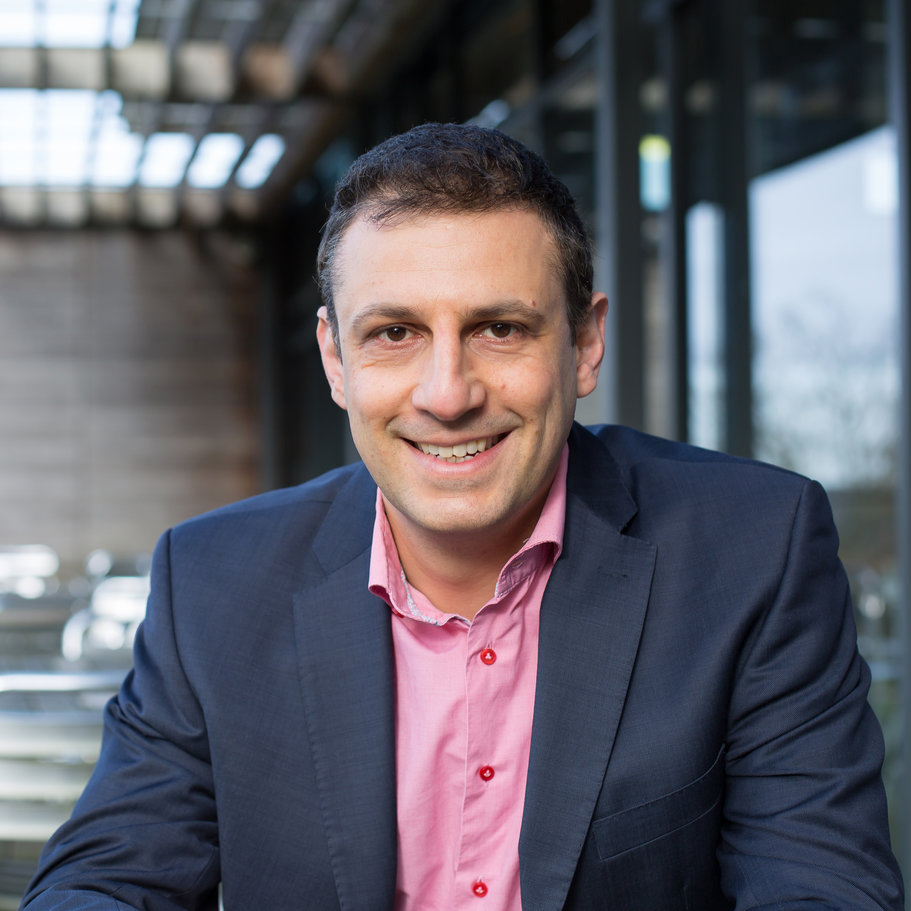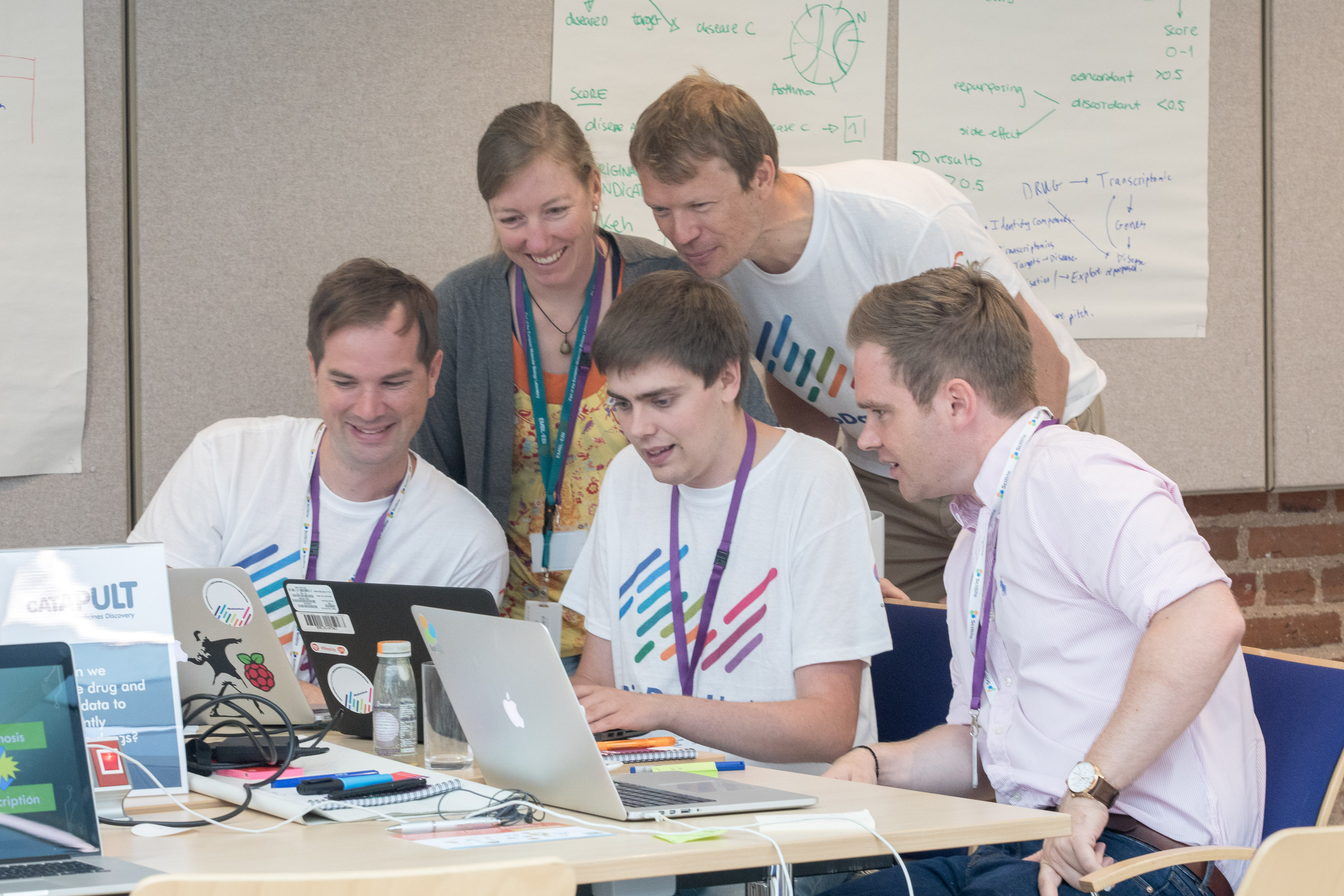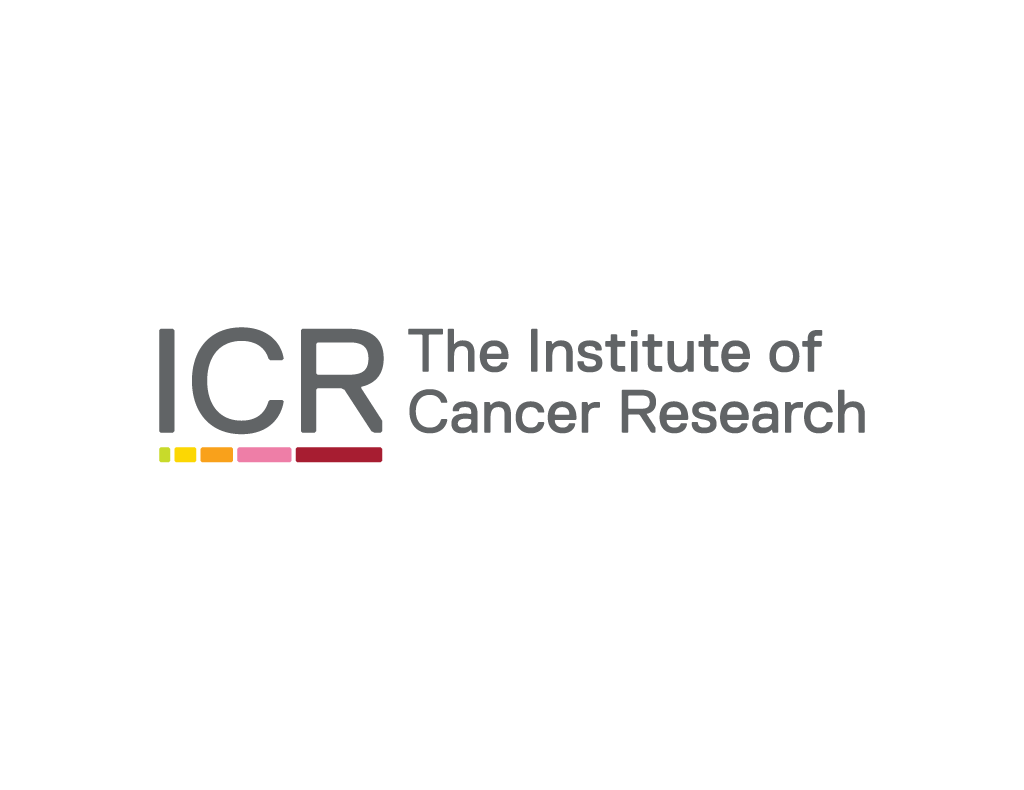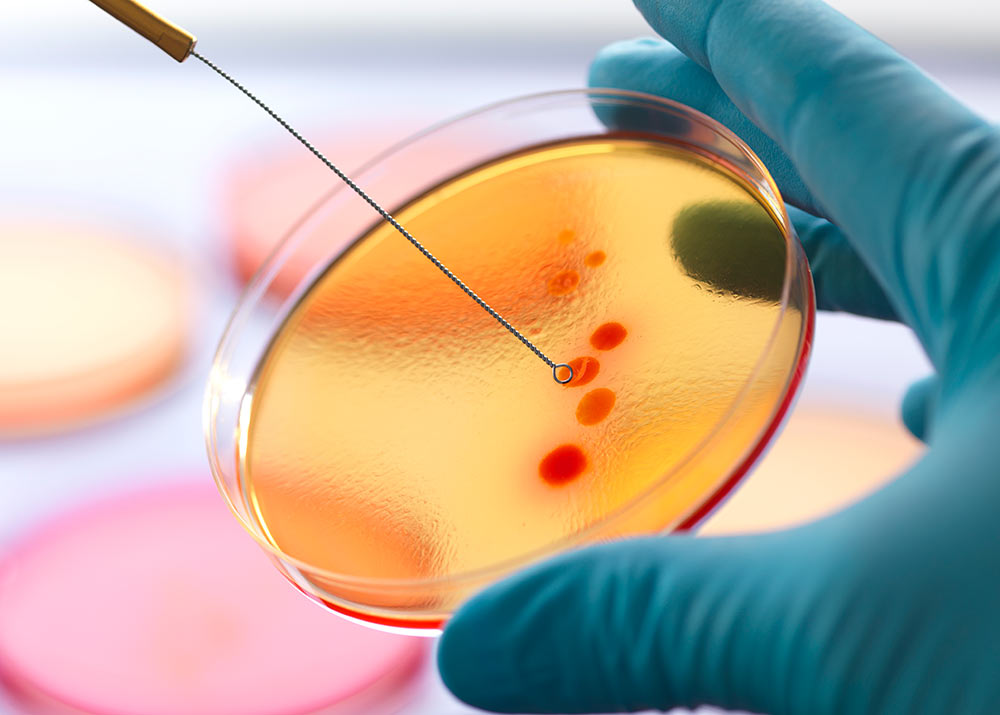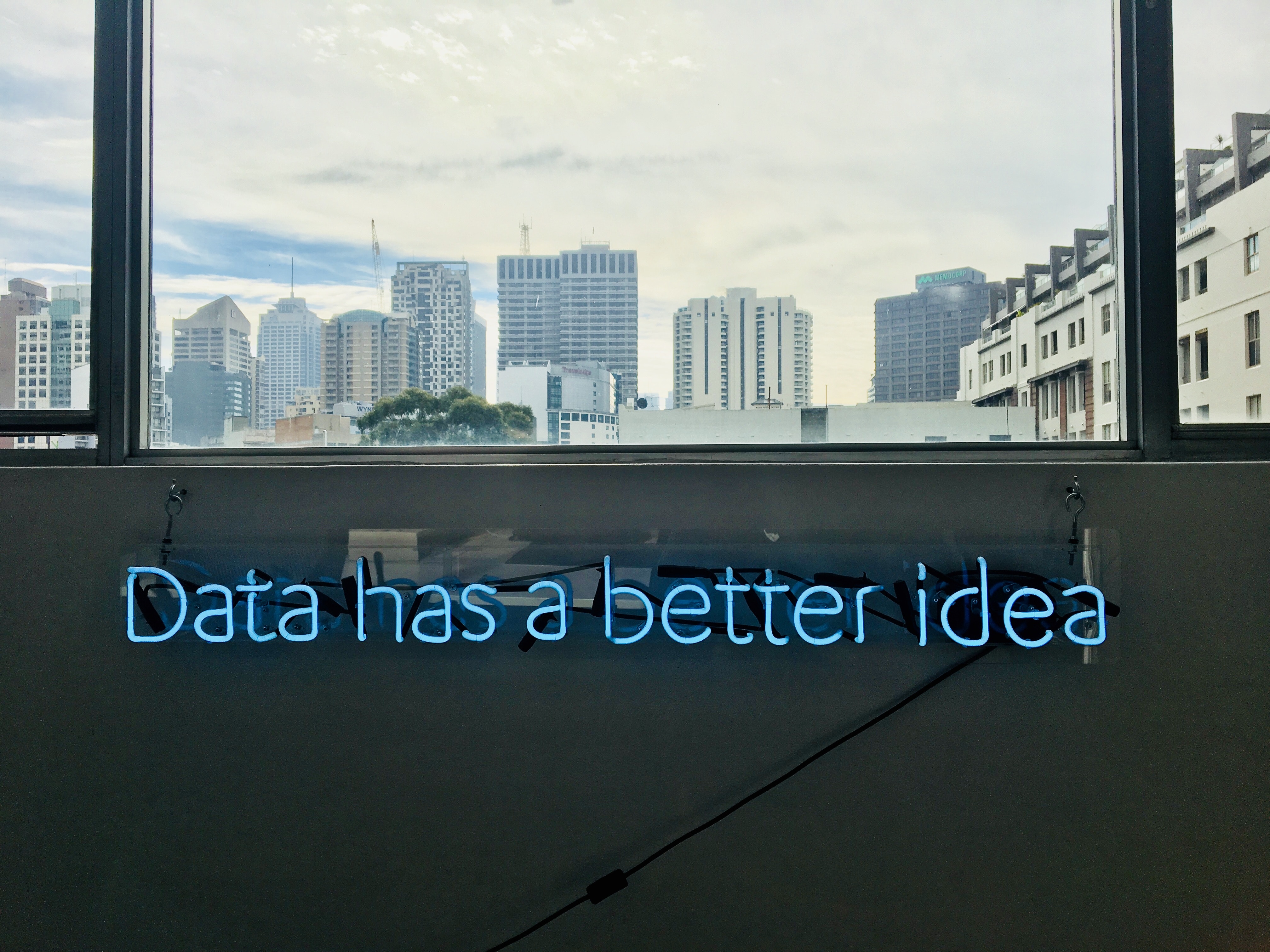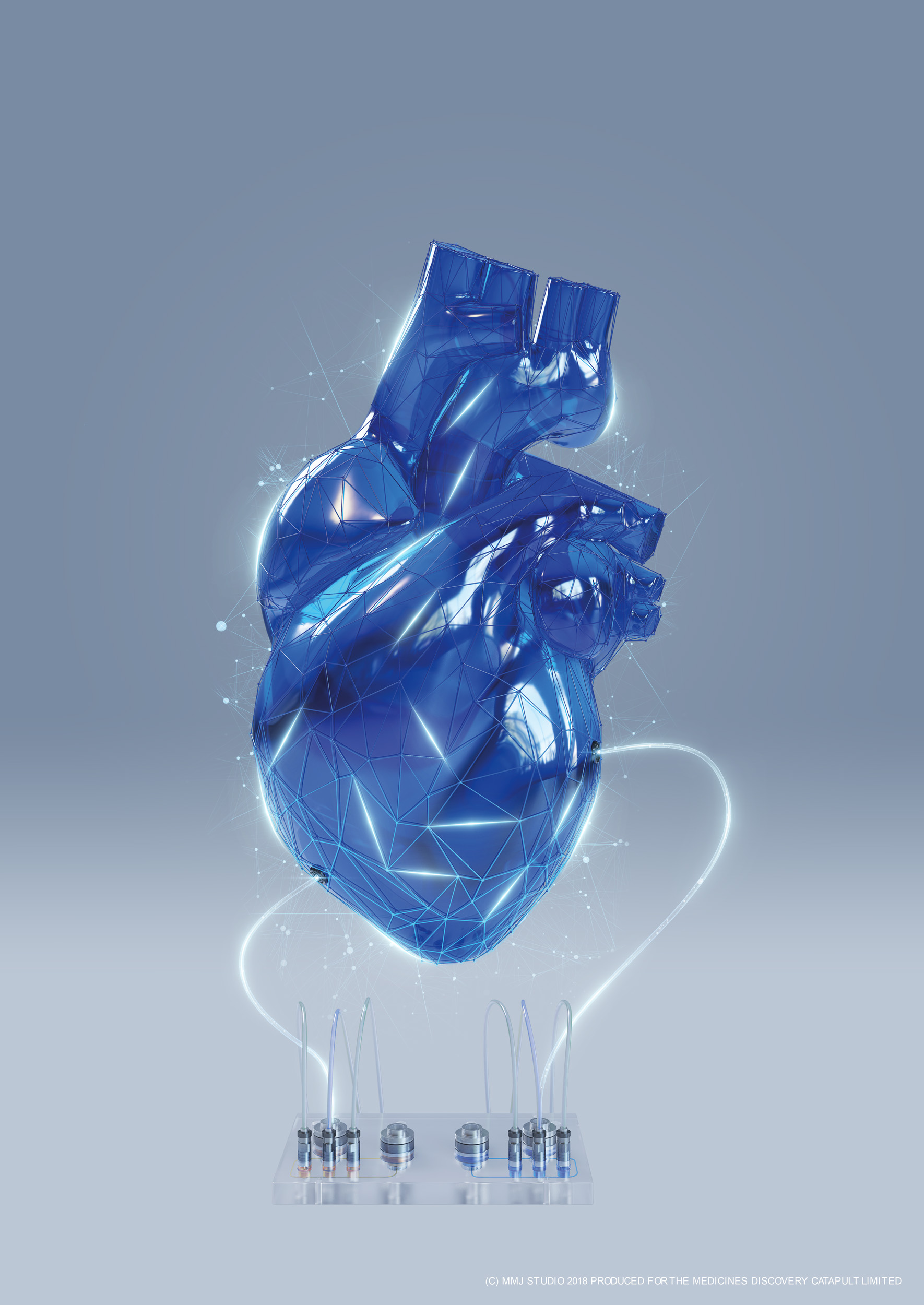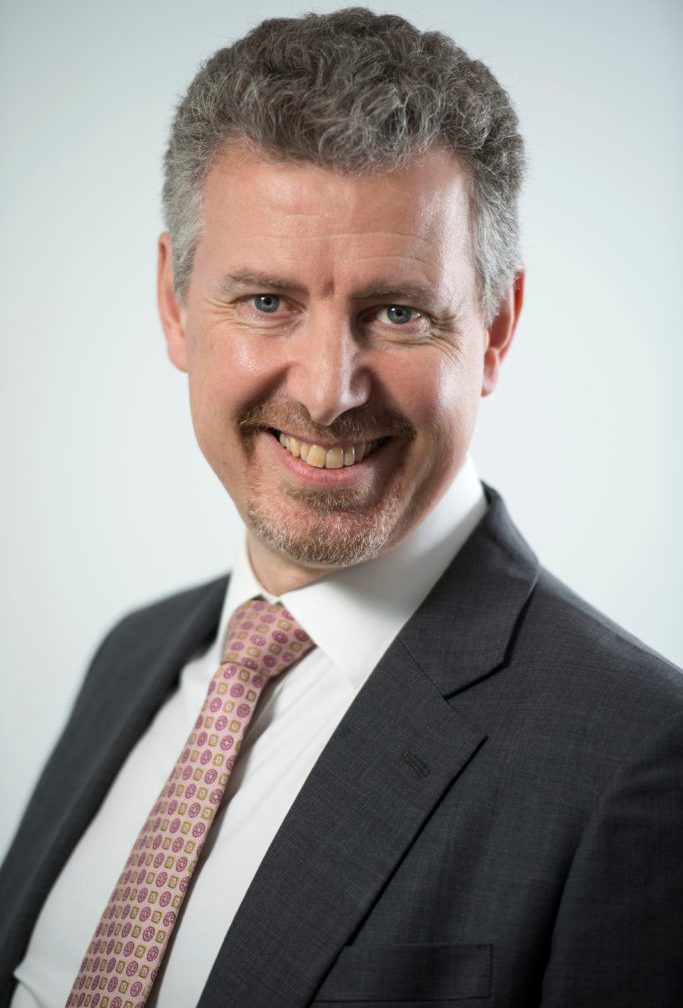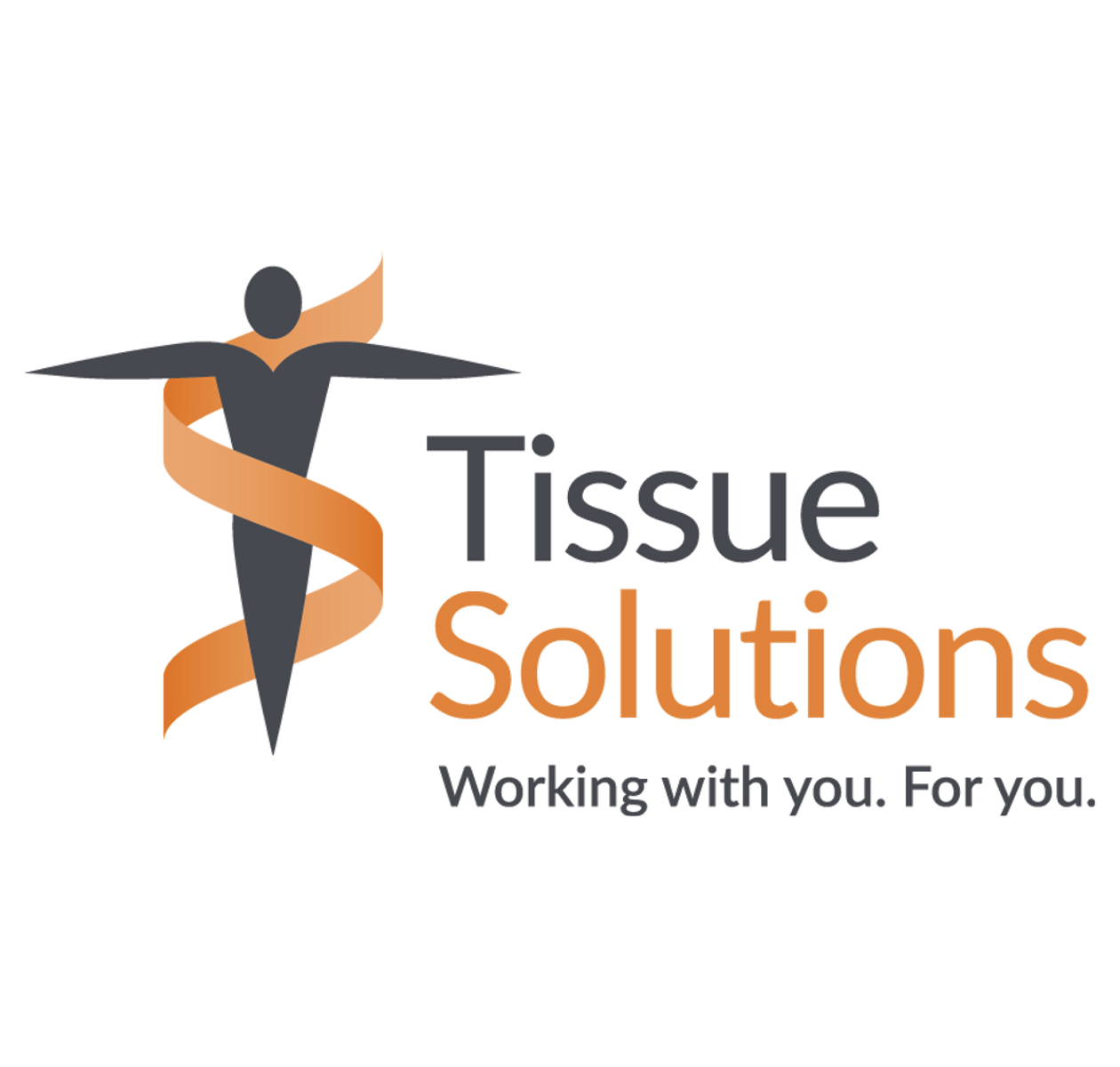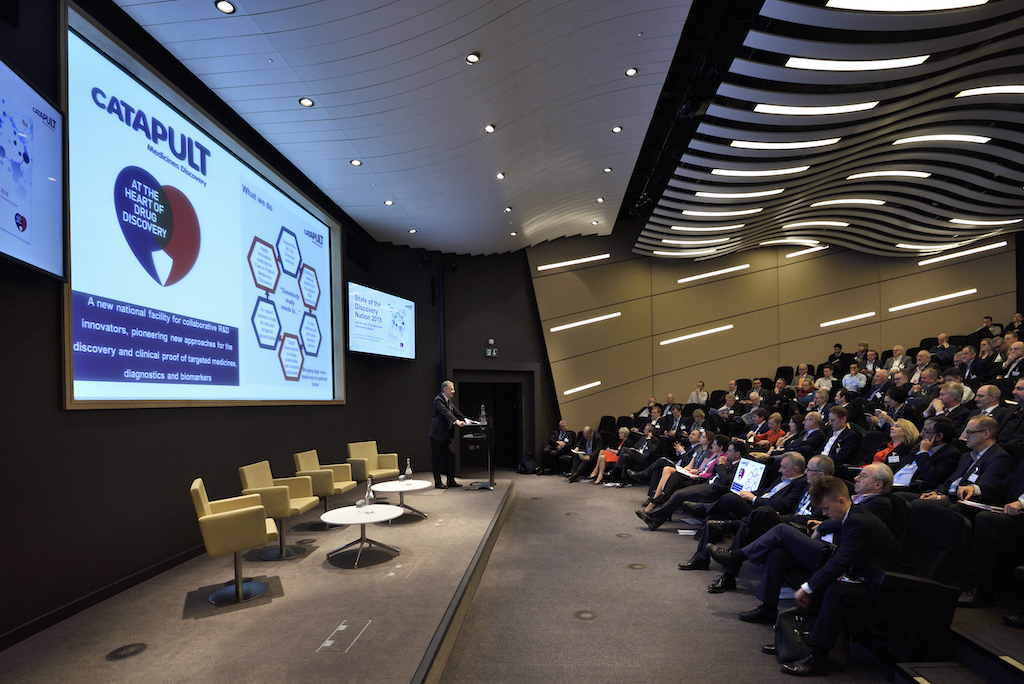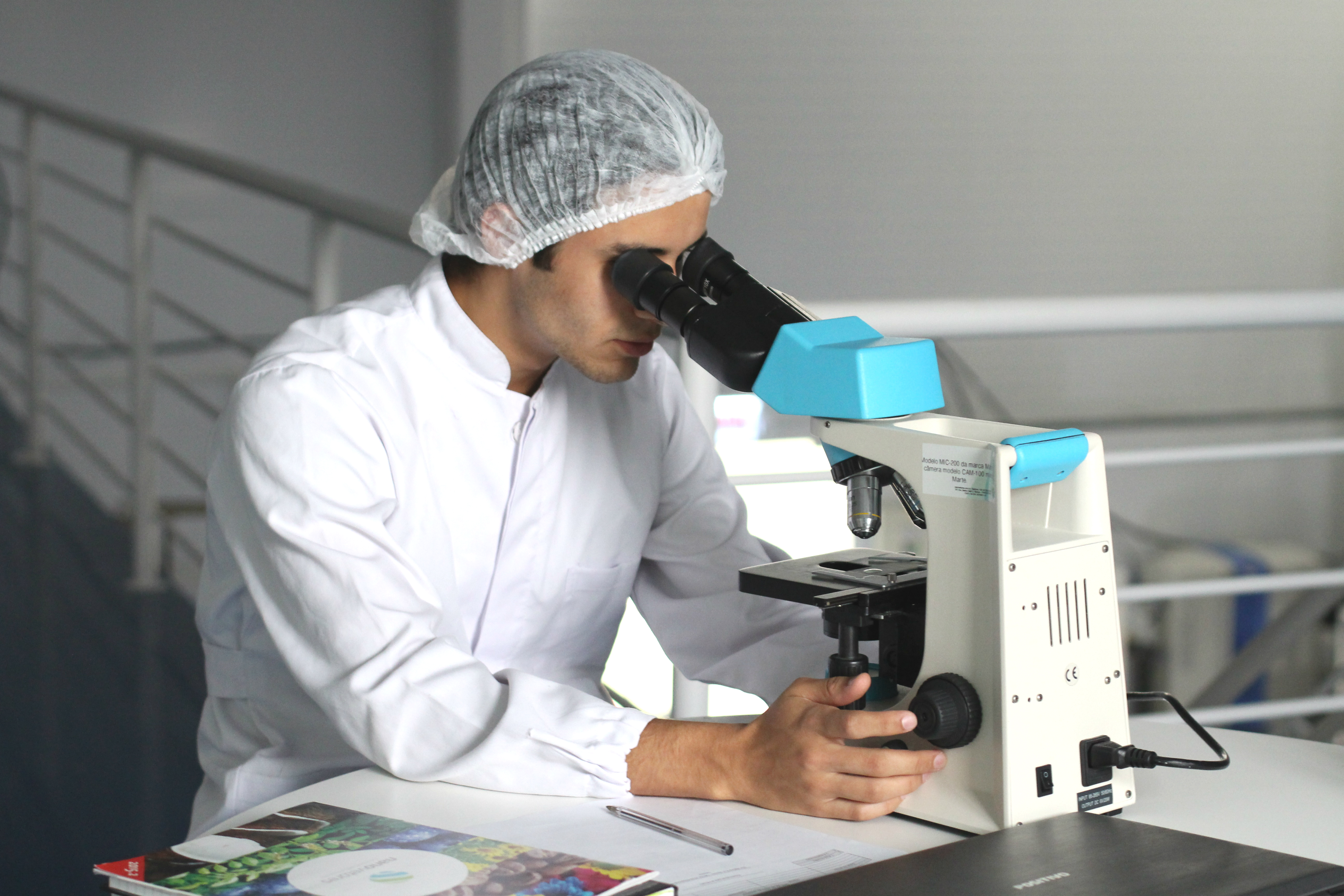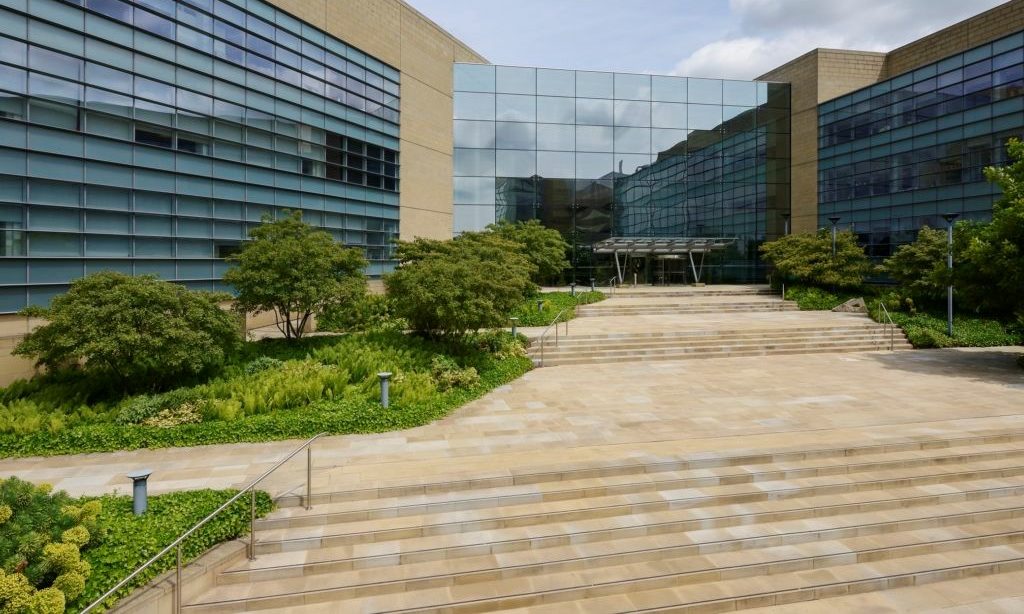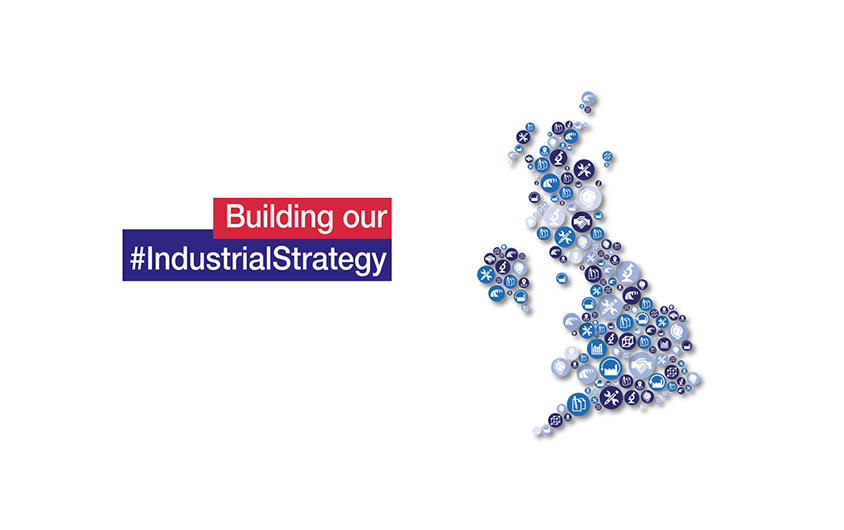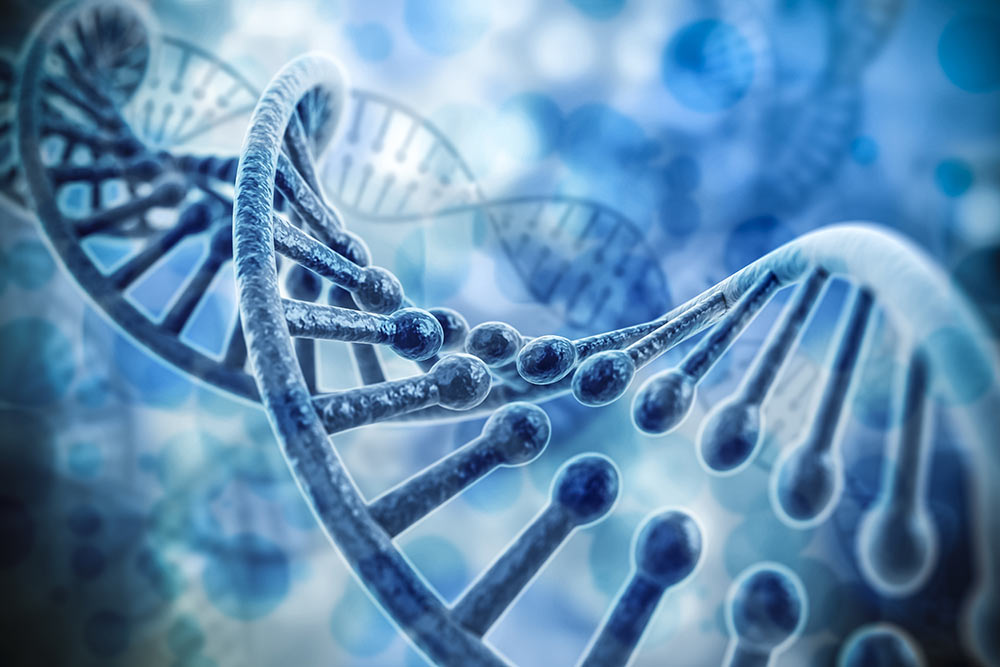While student perceptions of careers in science may come with a lack of diversity, the Covid-19 pandemic has highlighted the important contributions made by scientists and healthcare professionals daily and generated a wealth of exciting career opportunities for students who want to carve out rewarding career opportunities in the diagnostics industry.
For British Science Week (March 5-14), scientists from Alderley Park’s Lighthouse Laboratory, which conducts PCR testing for Covid-19, have announced a partnership with Levenshulme High School, arranging a series of events for students at the all-girls school, which aim to break down societal misconceptions surrounding careers in science, technology, engineering and mathematics (STEM) and gain wider gender representation.
The partnership will see the students attend a live-streamed talk with Dr Simone Haworth from the Medicines Discovery Catapult (MDC) – the organisation which established Cheshire’s Alderley Park testing lab; where more than 50,000 samples can be tested for Covid-19 daily. As Training and Development Manager, Simone has over 30 years of experience working in the life sciences sector, a role which has taken her around the world.
Dr Simone Haworth, Training and Development Manager, MDC Lighthouse Lab said:
“From working in Sudan during a civil war, to helping Britain in the grips of a devastating pandemic back at home, I’ve had various roles within my medical speciality which spanned over a dozen countries and three continents – not bad for a girl from Blackburn who wasn’t sure what she wanted to do when leaving school!
“When I first started sixth form, I had no idea how to follow the path to find the right career for me. It must be really daunting for students to start thinking about their career pathway whilst in the midst of a global pandemic, in addition to having to overcome deep-rooted societal prejudices and misconceptions when pursuing a career that they could excel in.”
For the students’ teacher, Mark Simpkins – Head of Science at Levenshulme High – the ambition for British Science Week is to overcome the misconceptions of diversity within the sciences.
Mark Simpkins, Head of Science, Levenshulme High said:
“We’re really excited about the partnership with the team at Alderley Park for British Science Week. The site is a tangible example of science in action – applying scientific skills and expertise for the betterment of the nation.
“Our healthcare professionals have received a good deal of justified praise since the start of the pandemic, but I think the nation’s scientists are truly the unsung heroes of the Covid outbreak.
“It’ll be incredibly useful for the students to hear from Simone, to understand how a scientist with a similar background to them got to where she is now. Not just someone with an interesting and varied scientific career – but also one who is on the frontline of the pandemic delivering work with nationwide ramifications.”
According to UIS data, women make up fewer than 30 per cent of scientific researchers worldwide. Despite these statistics, progress is being made, especially in certain sub-sectors, such as the life sciences industry, where women make up 49 per cent of the global workforce.
Ahead of British Science Week, MDC revealed the majority of the Alderley Park Lighthouse’s workforce is female (60%).
Simone continued:
“Although we’re really quite diverse as an organisation at Alderley Park’s Lighthouse Laboratory -in terms of gender, cultural background plus individuals at all stages of their career – the whole sector needs to work together to address unconscious biases and equality imbalances to ensure there aren’t any barriers to entry for the next generation of scientists.
“One of the highlights of working at Alderley Park, Lighthouse Laboratories is working with professionals from such a breadth of different backgrounds and a variety of career disciplines. A rare opportunity in most careers.
“We have hundreds of members of staff at the Lighthouse Lab, from new female graduates and PhD students who have paused their research during the pandemic, to highly trained scientists with years of experience. It’s these women on the frontline that the students need to hear more about – to inspire them with female role models in careers they might want to enter.
“I really hope the session with the Levenshulme students will not only demonstrate the dedicated hard work that goes on behind the scenes in a Covid testing lab, but also dispel any misconceptions about what they might think scientists ‘look like’.”
A colleague working with Simone on the frontline is Aamina Ali. Her role is to extract the RNA genetic code from samples. She is at an earlier stage in her career and is passionate about encouraging other women into the industry.
Aamina Ali, Alderley Park Lighthouse Lab Scientist said:
“I manage a workstation which deals in extracting RNA from patient samples, which we then analyse in the PCR machine, so we can spot those who are infected with Covid and need to isolate.
“I recently graduated with a Bachelors degree in Biomedical Sciences from the University of Manchester, and since joining the lab, I’ve loved working with the variety of individuals and backgrounds across the Lighthouse Lab. Although we all have different specialisms, we’re connected by the same common cause and our resolve to help battle the virus.
“If I had any advice to those entering the industry, it’d be to truly throw yourself into the sector. The life sciences sector is a real broad-church, so there’ll be a specialism and a place for everyone out there. I’d also suggest they ignore the stereotypes that it might not be for them, or that it’s male-dominated. It would be excellent to give more girls and women greater resolve to keep the industry going in the right direction, and we’ll need youngsters just like them to truly realise that and pursue their passions.”

